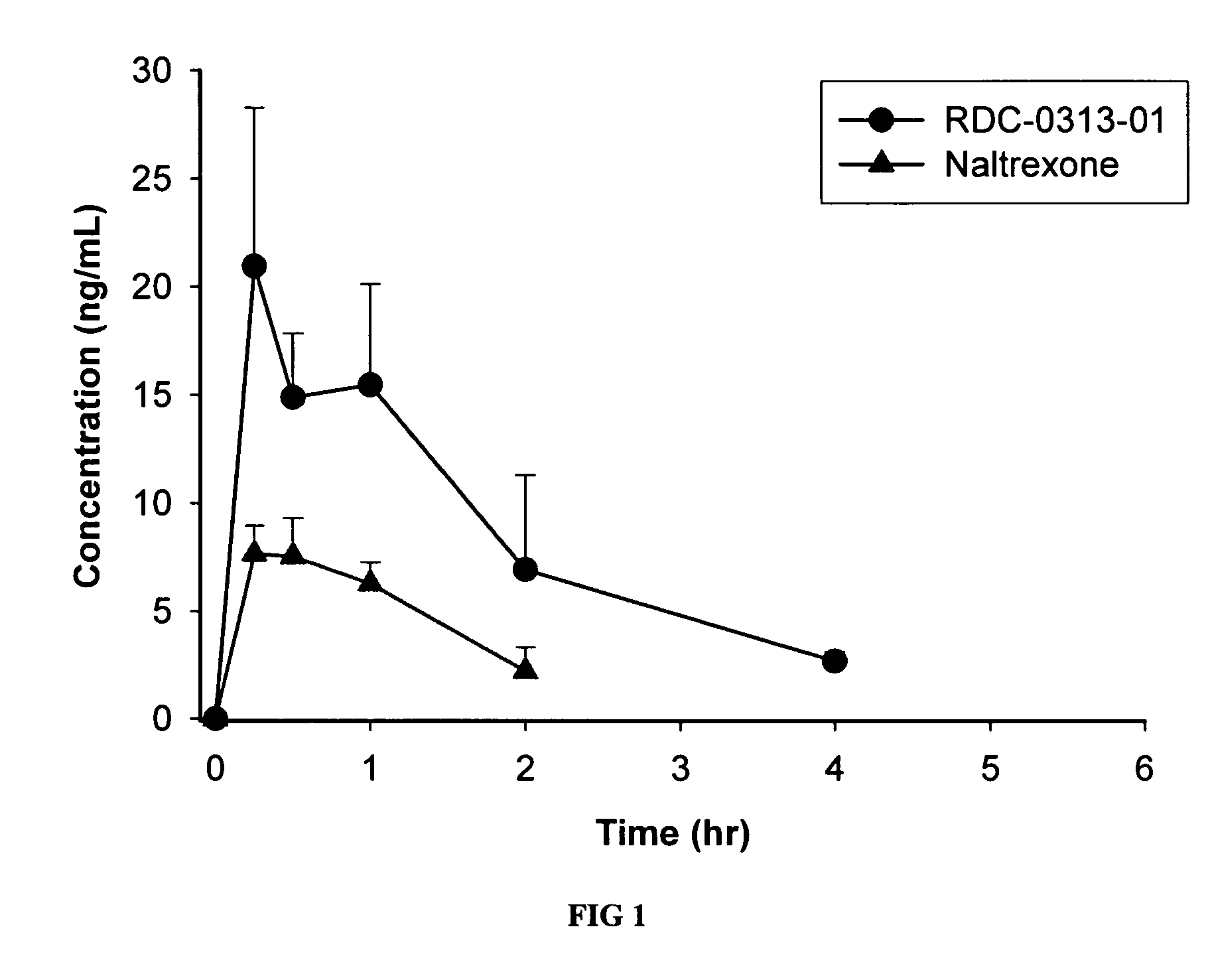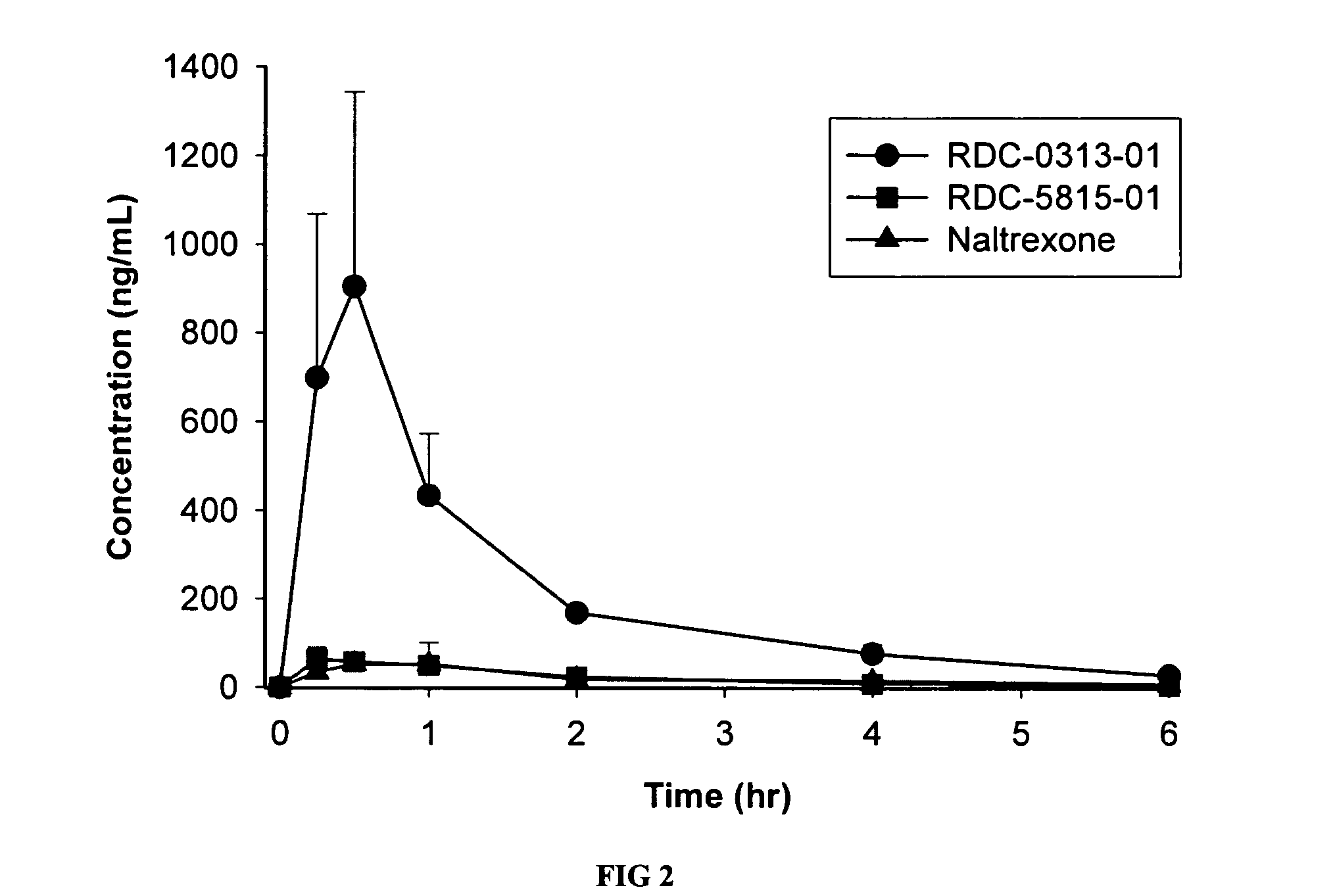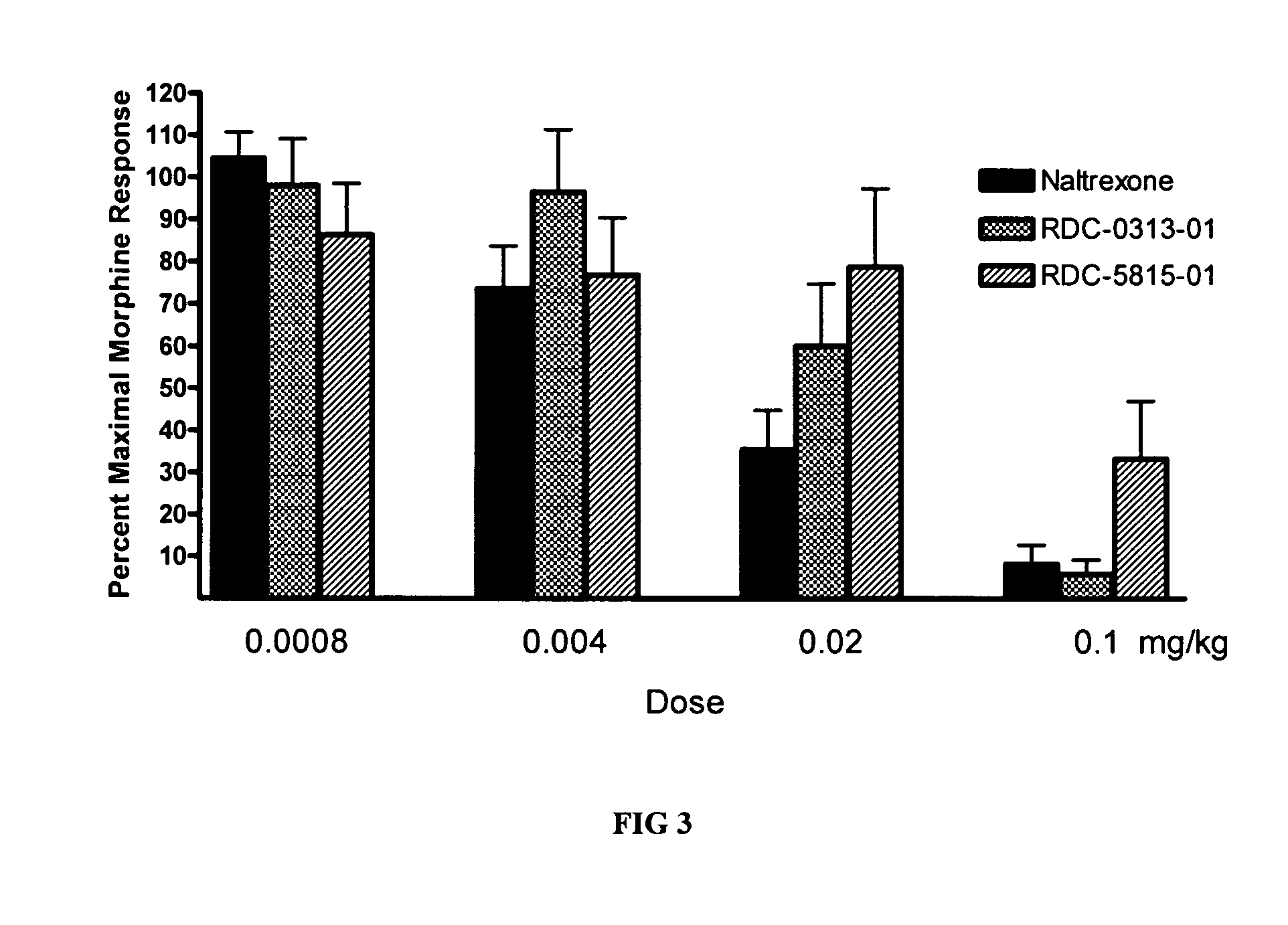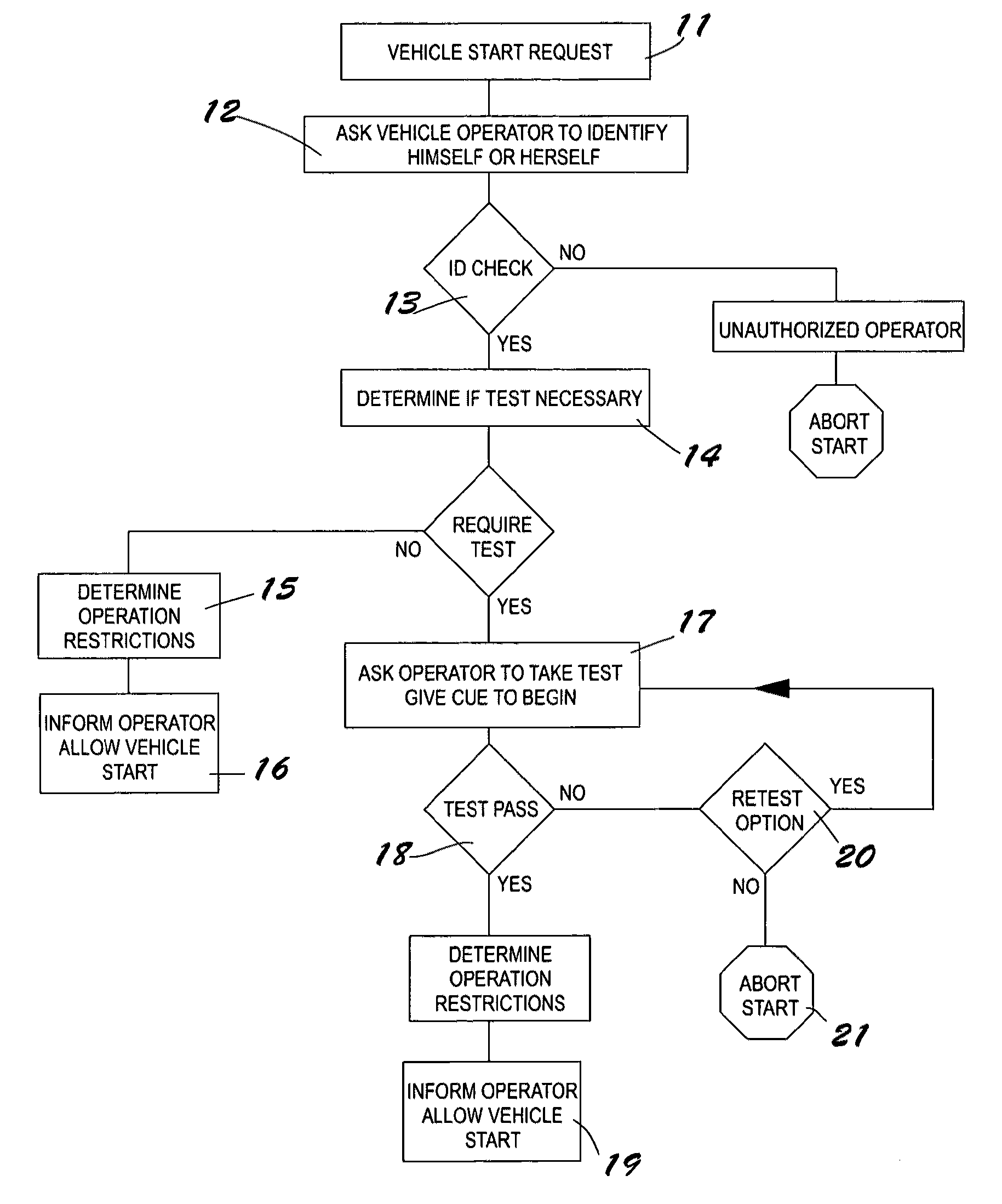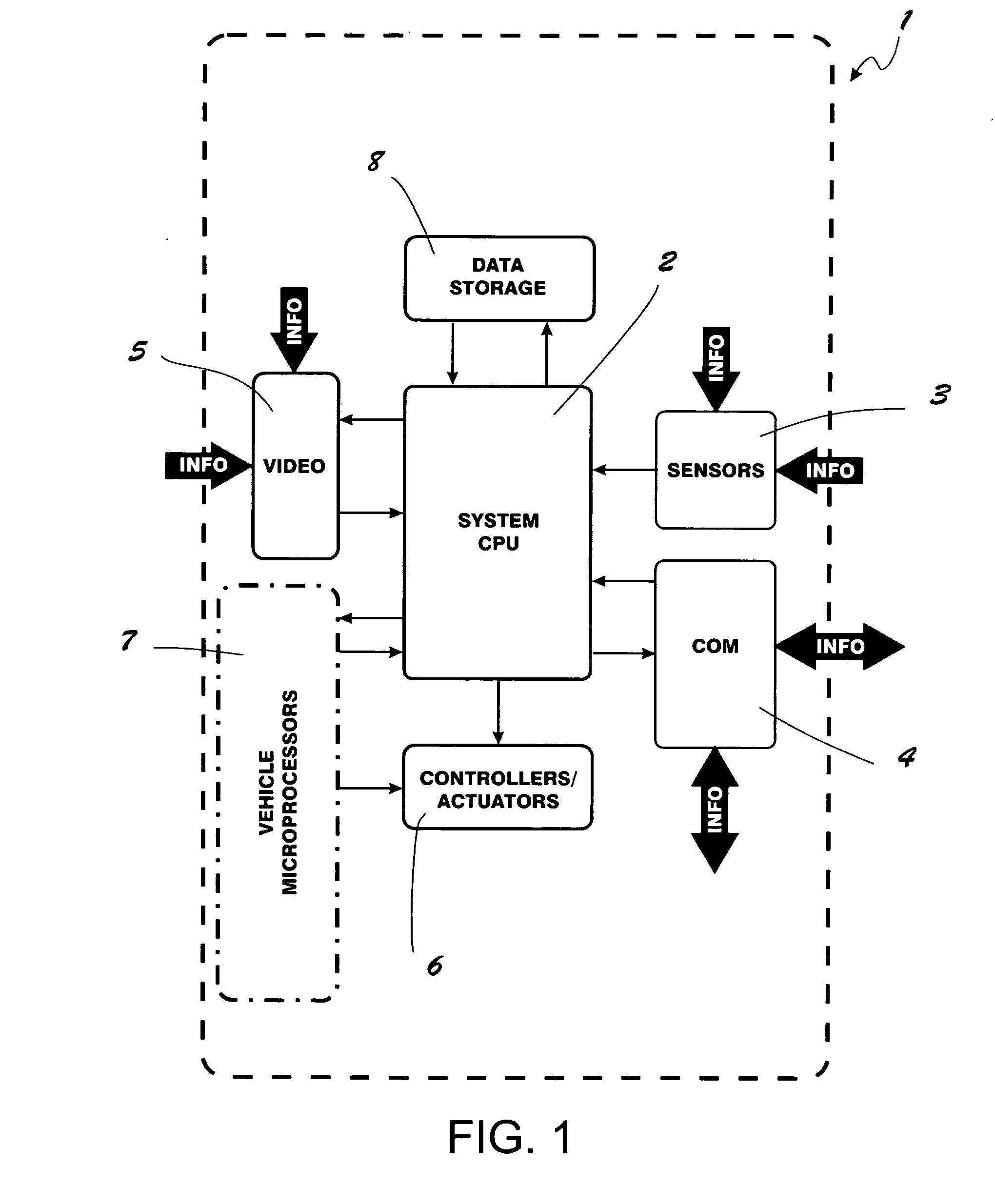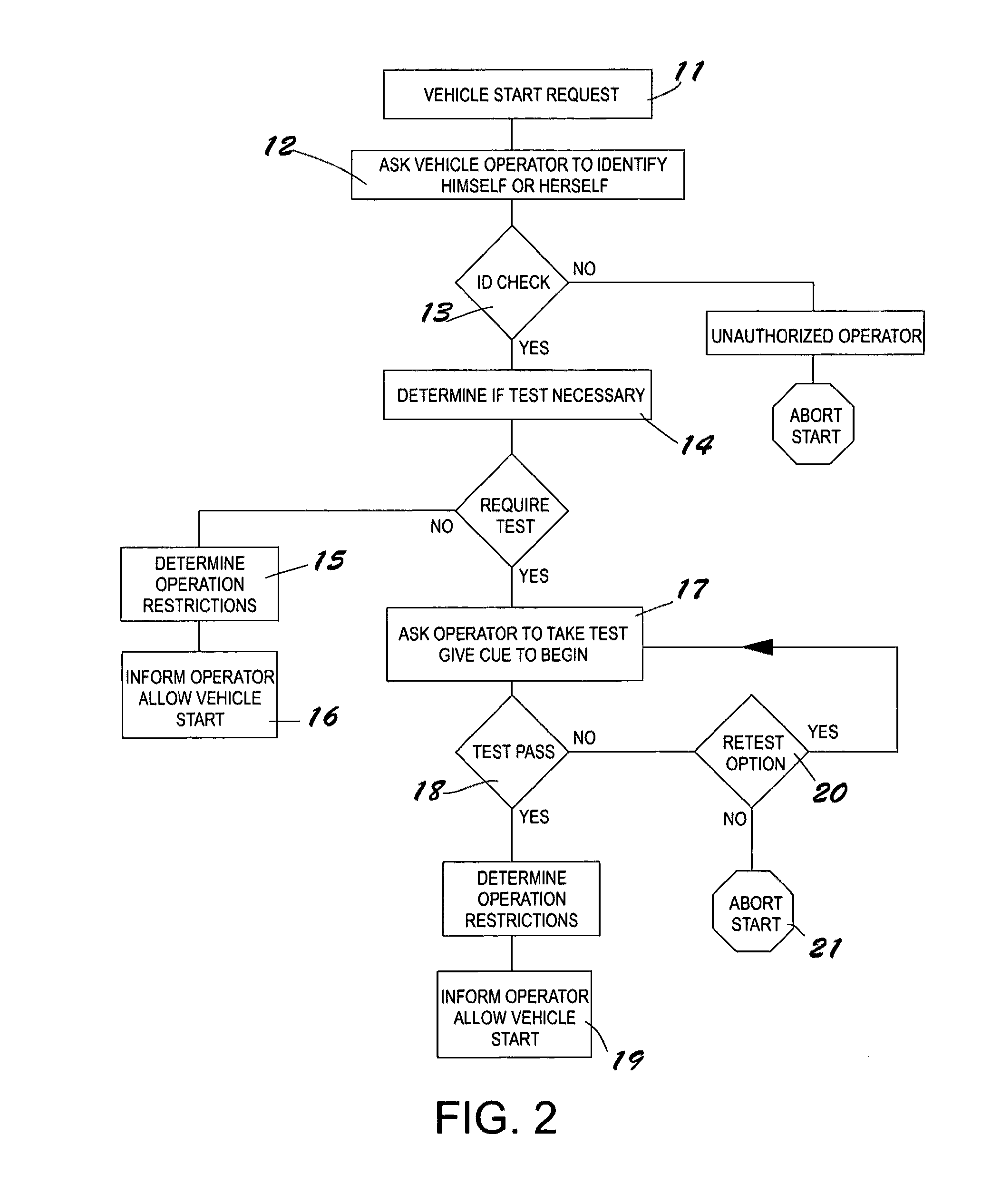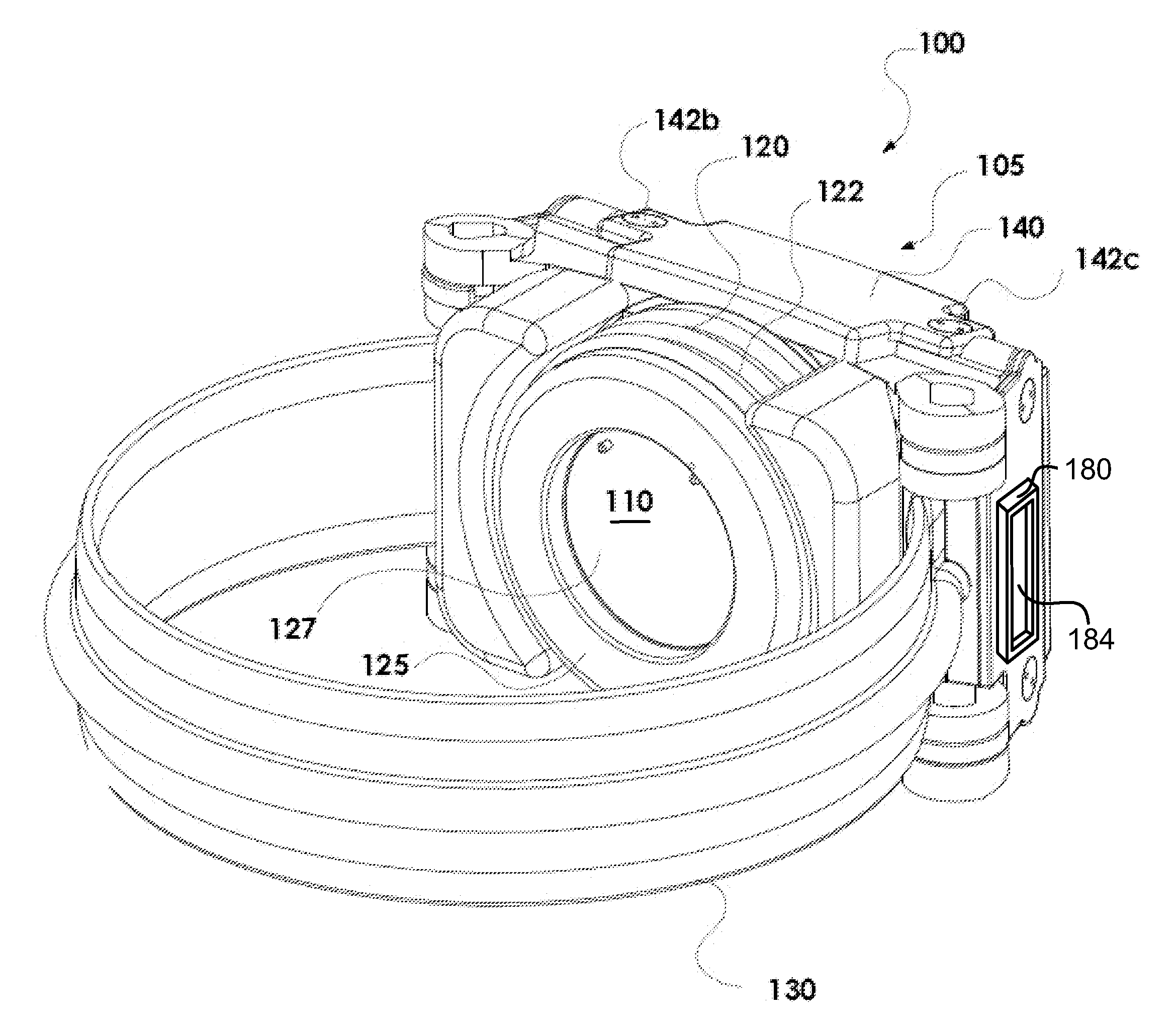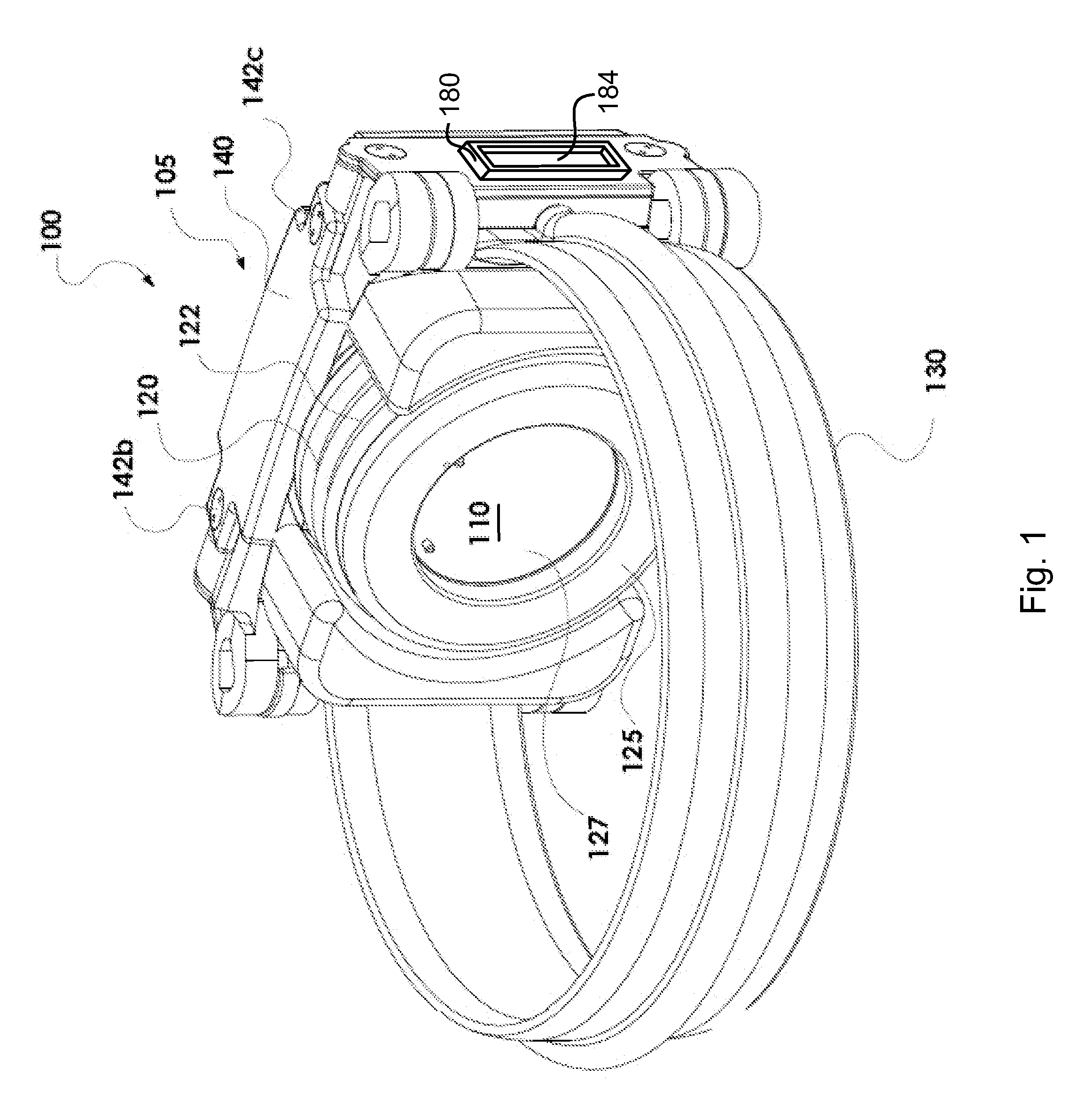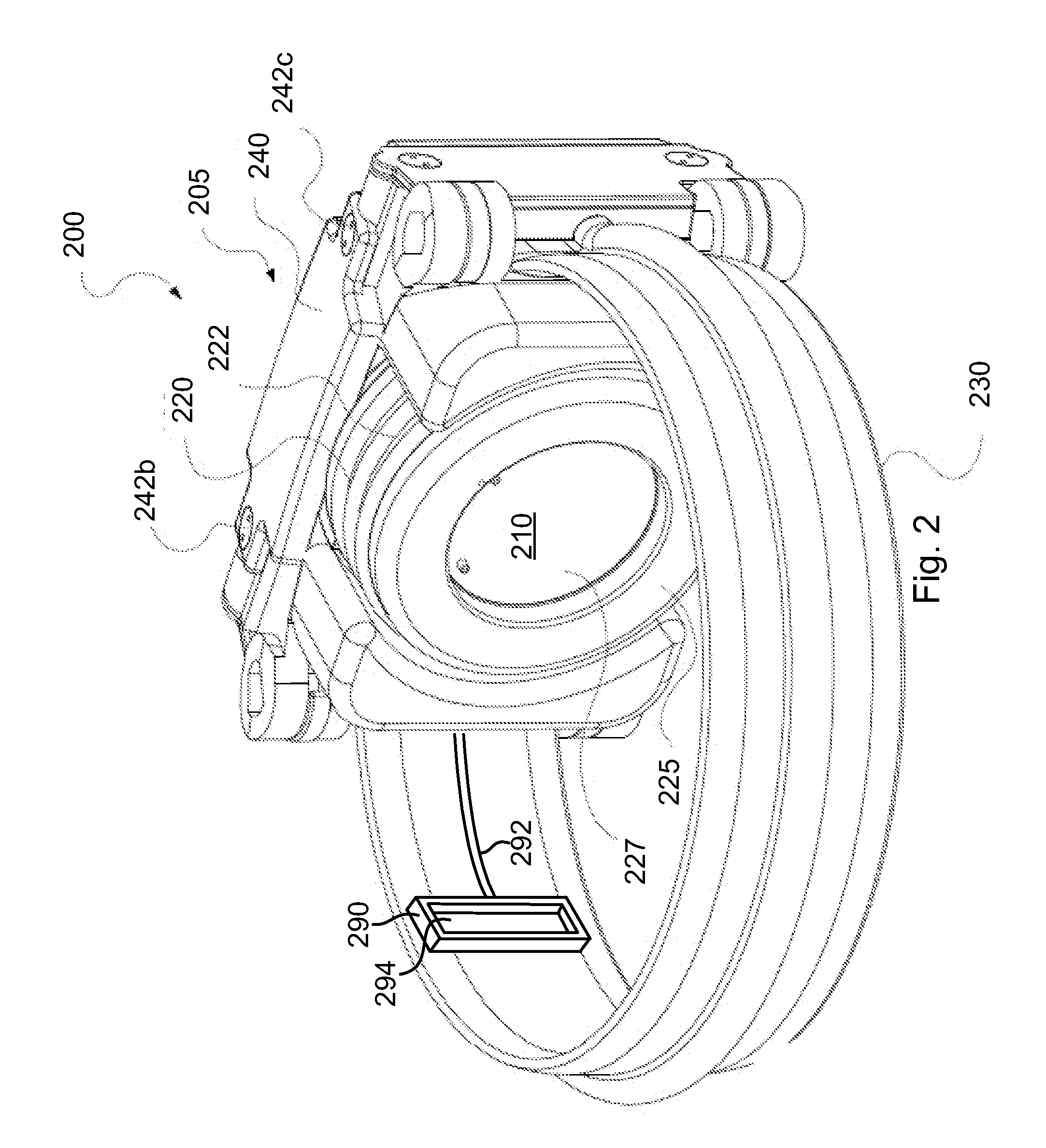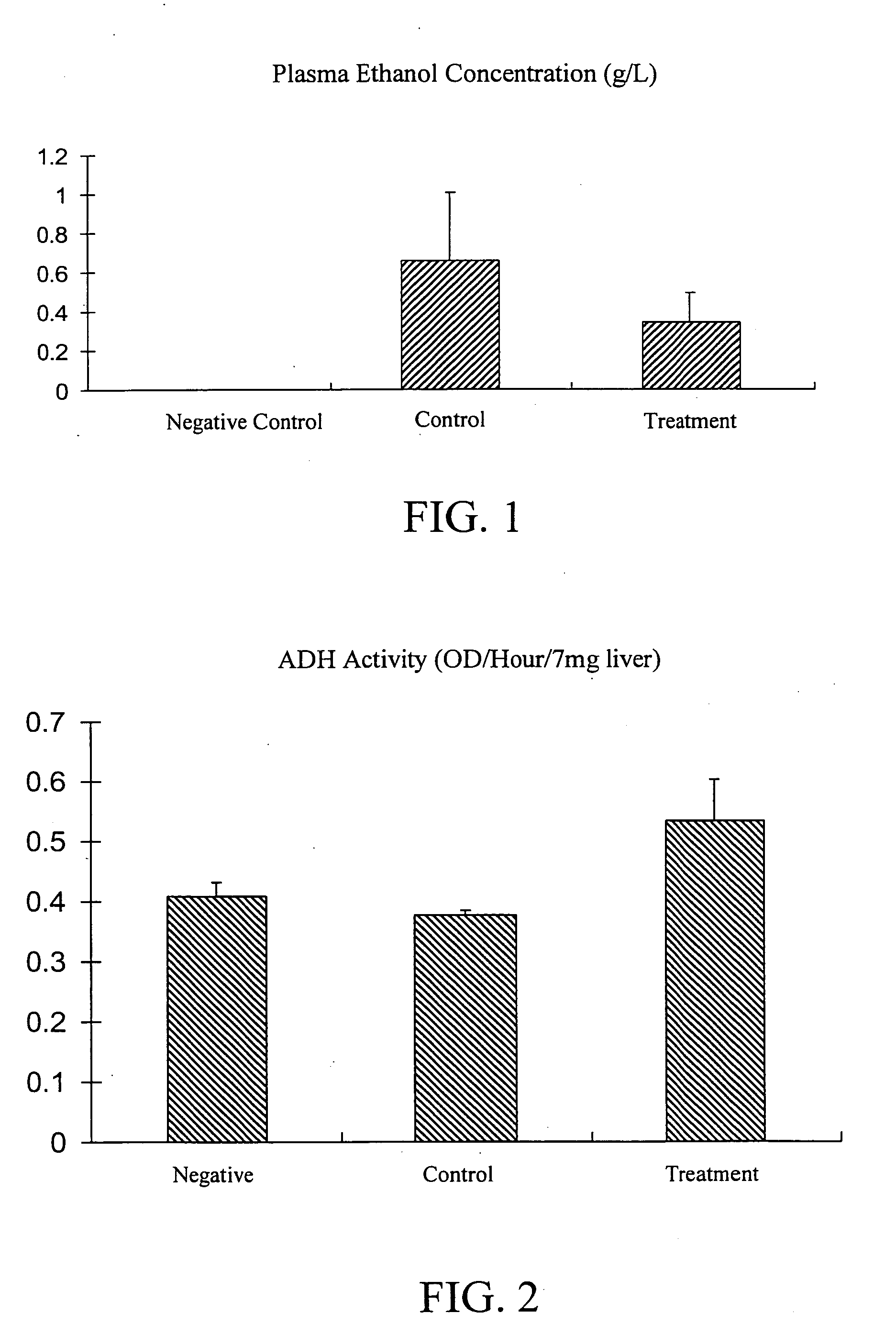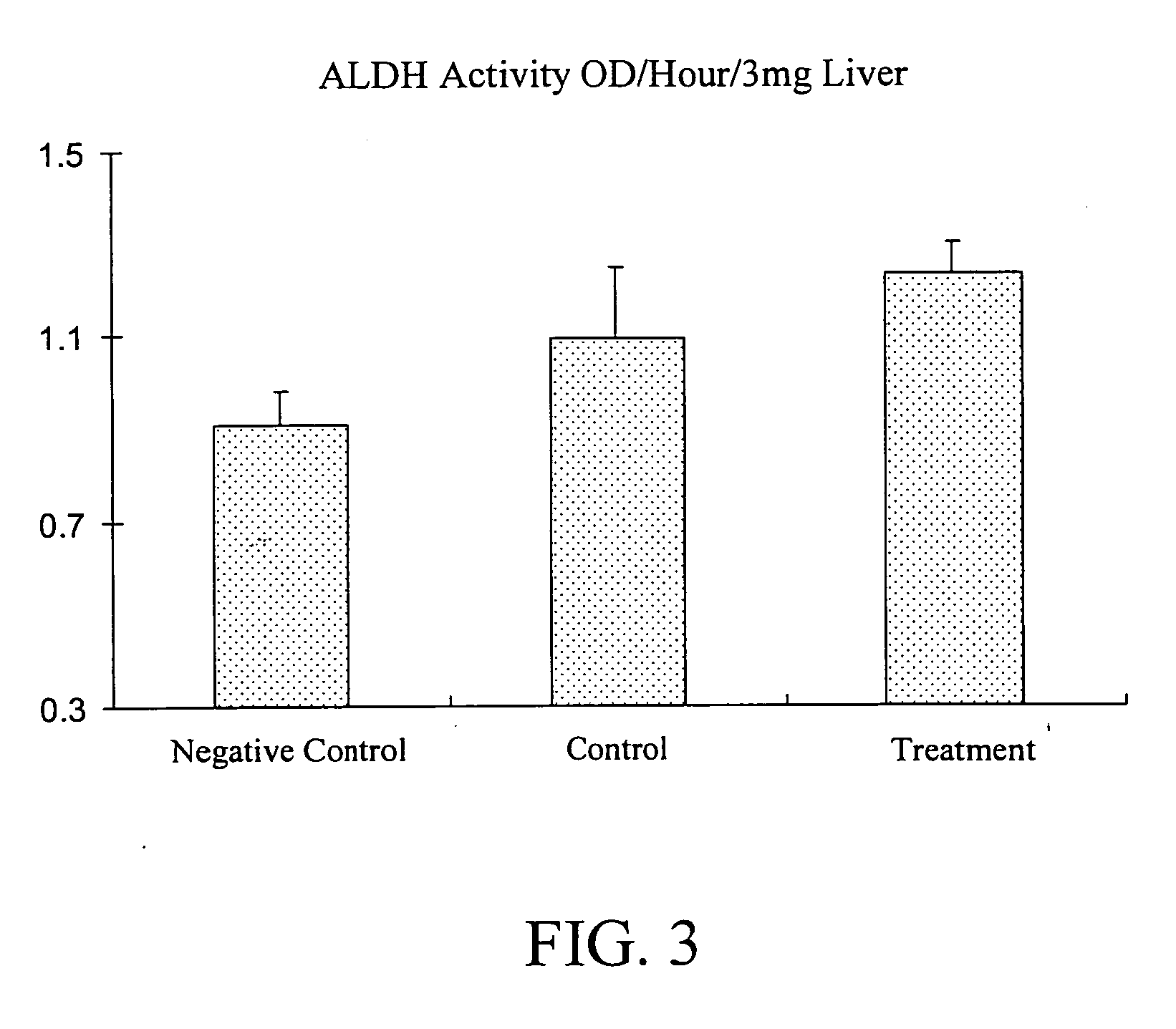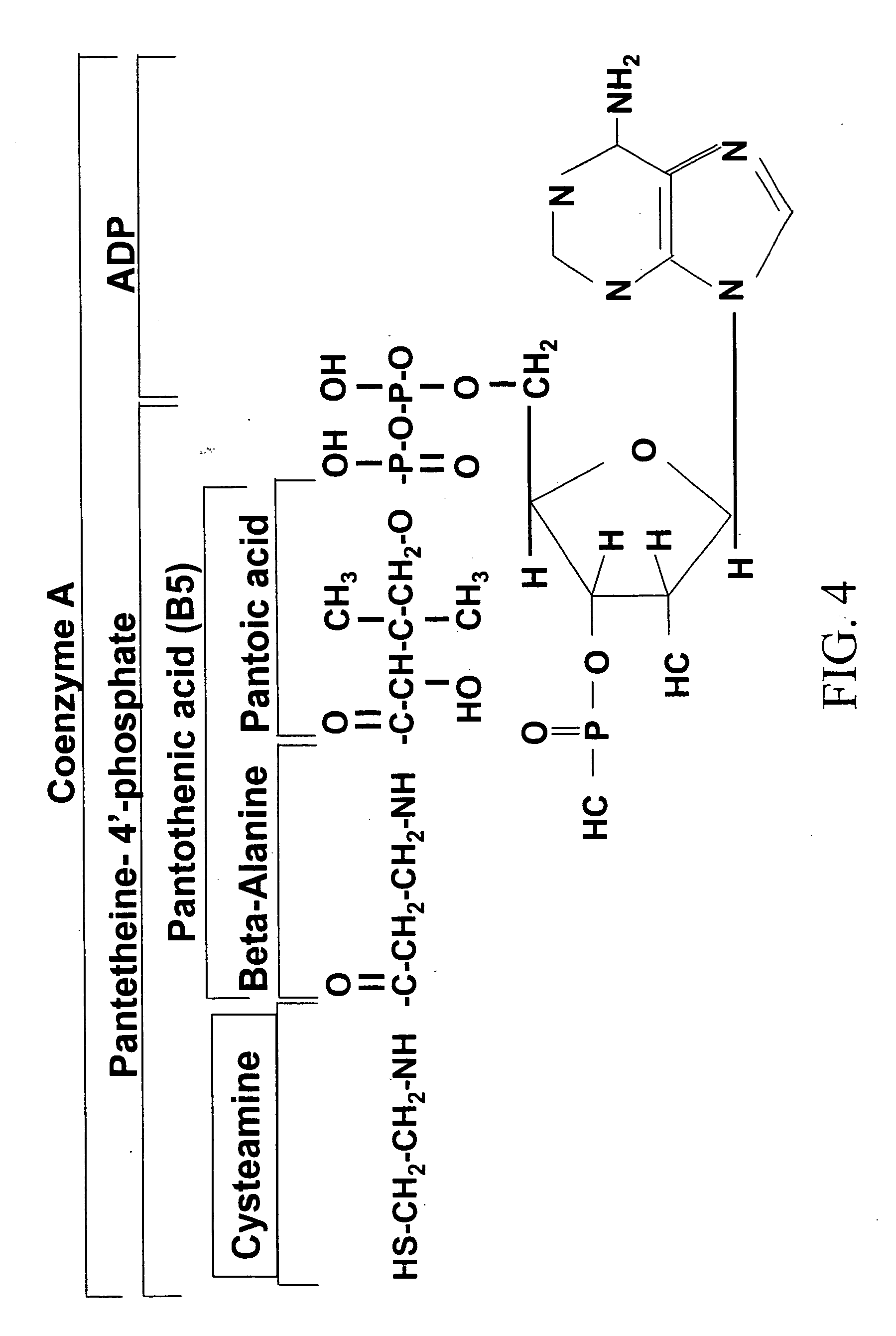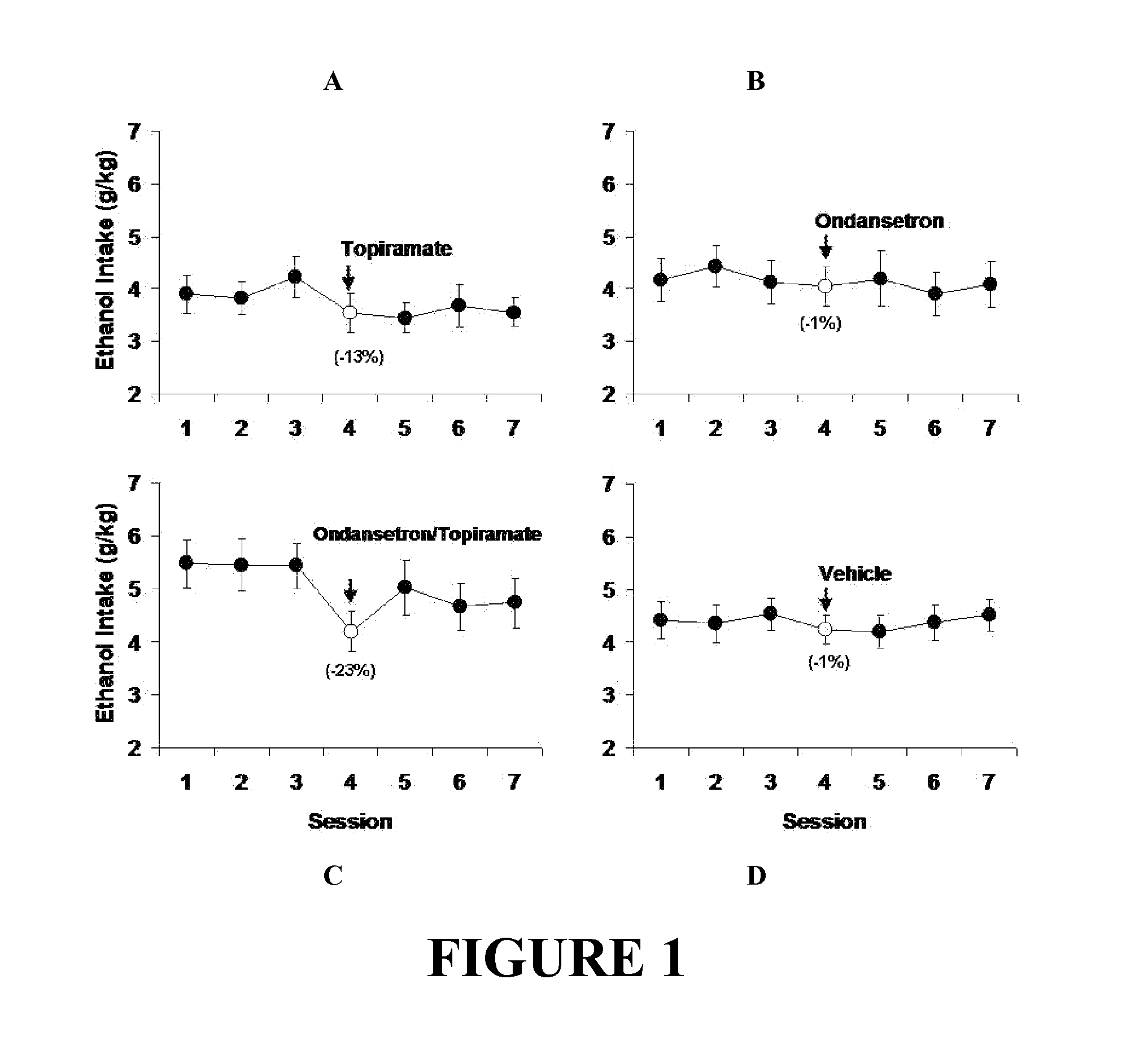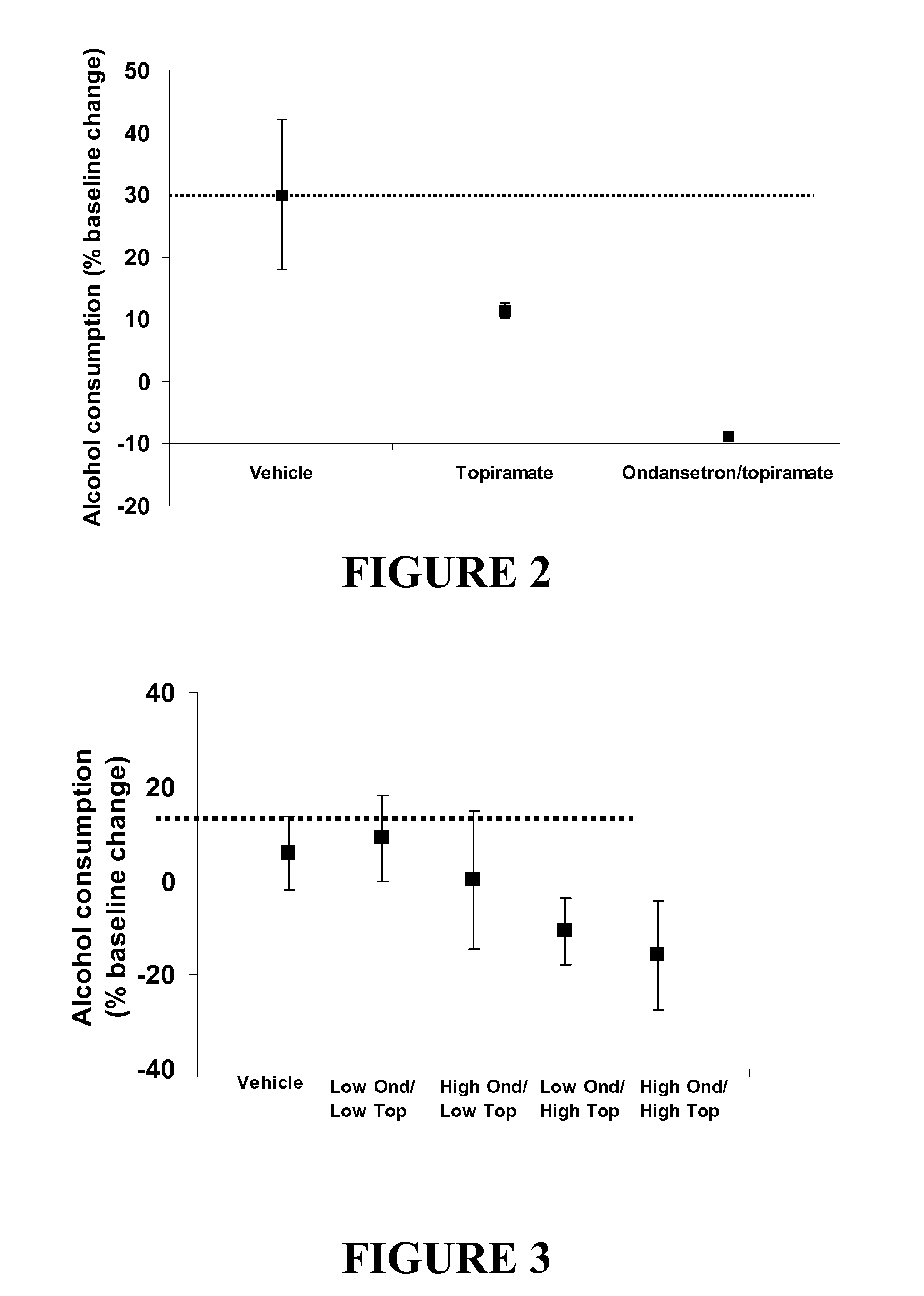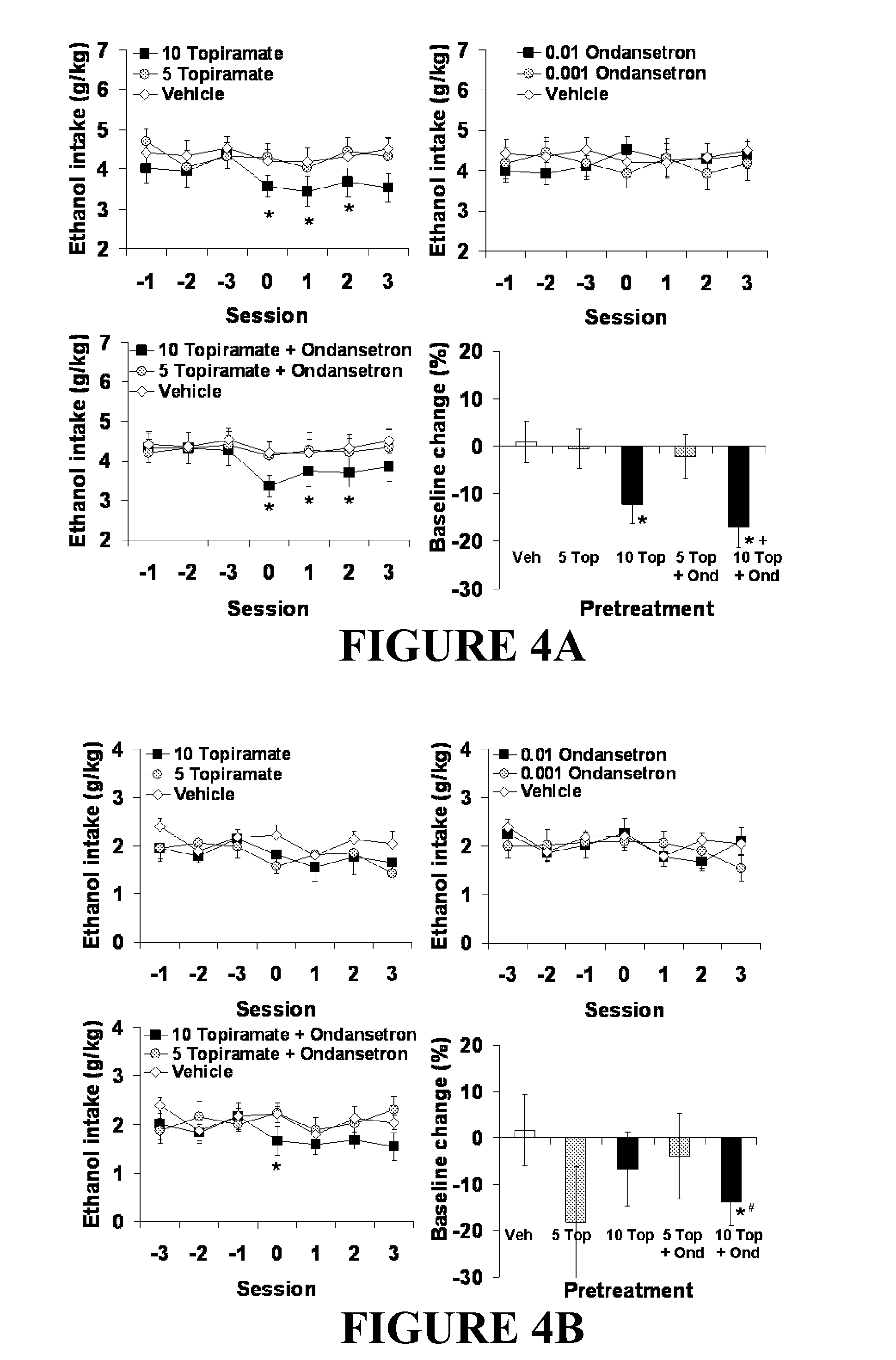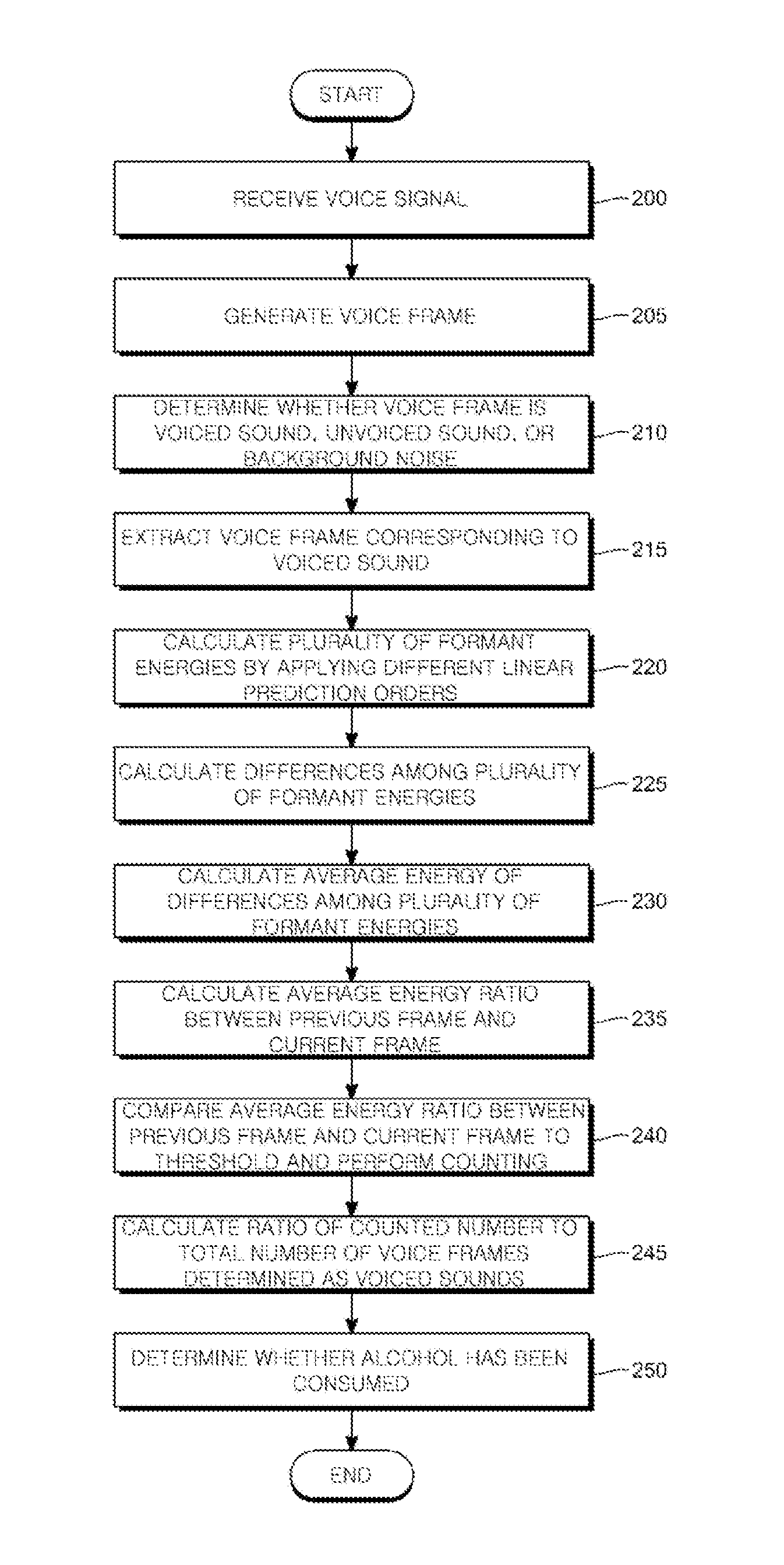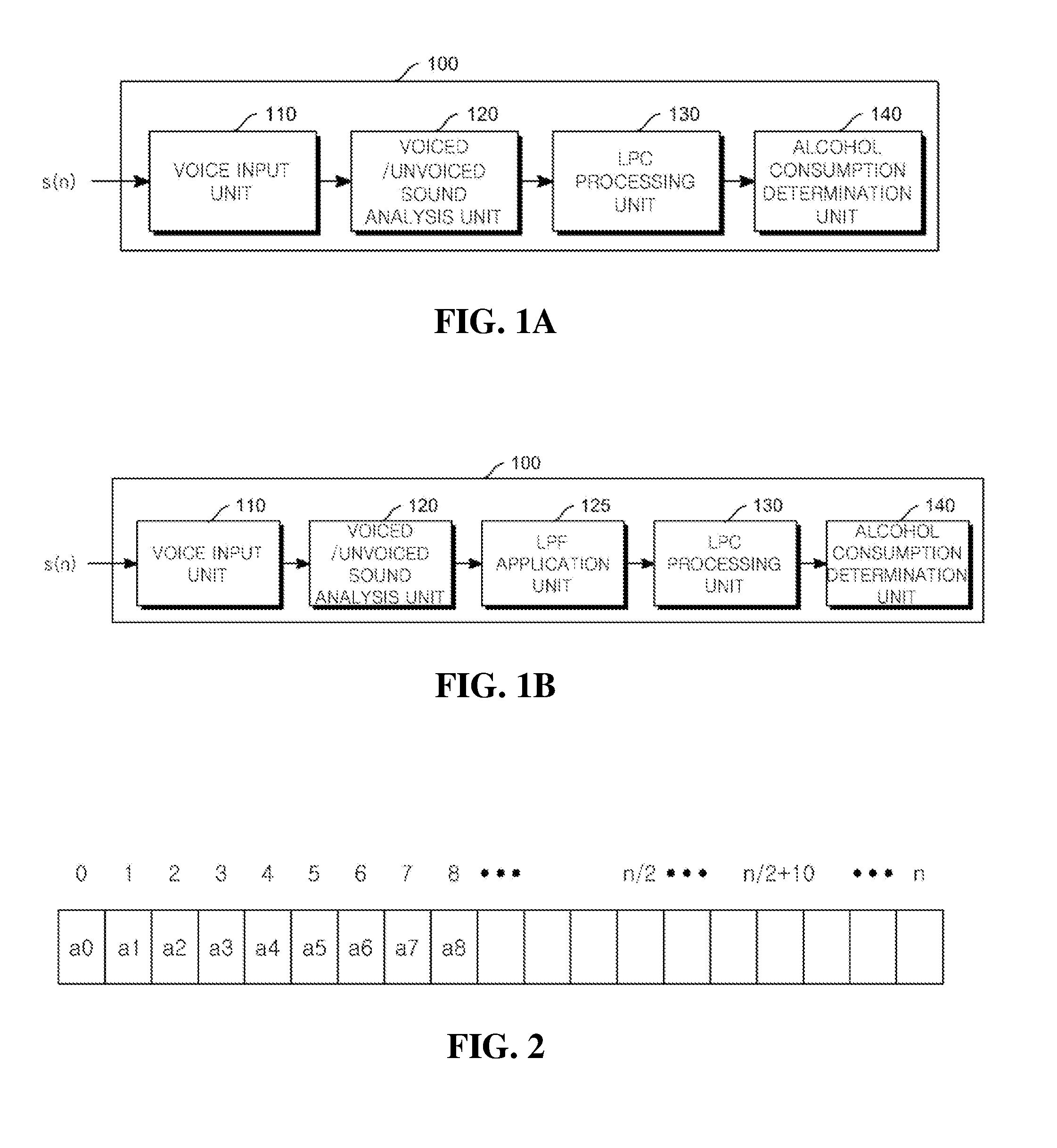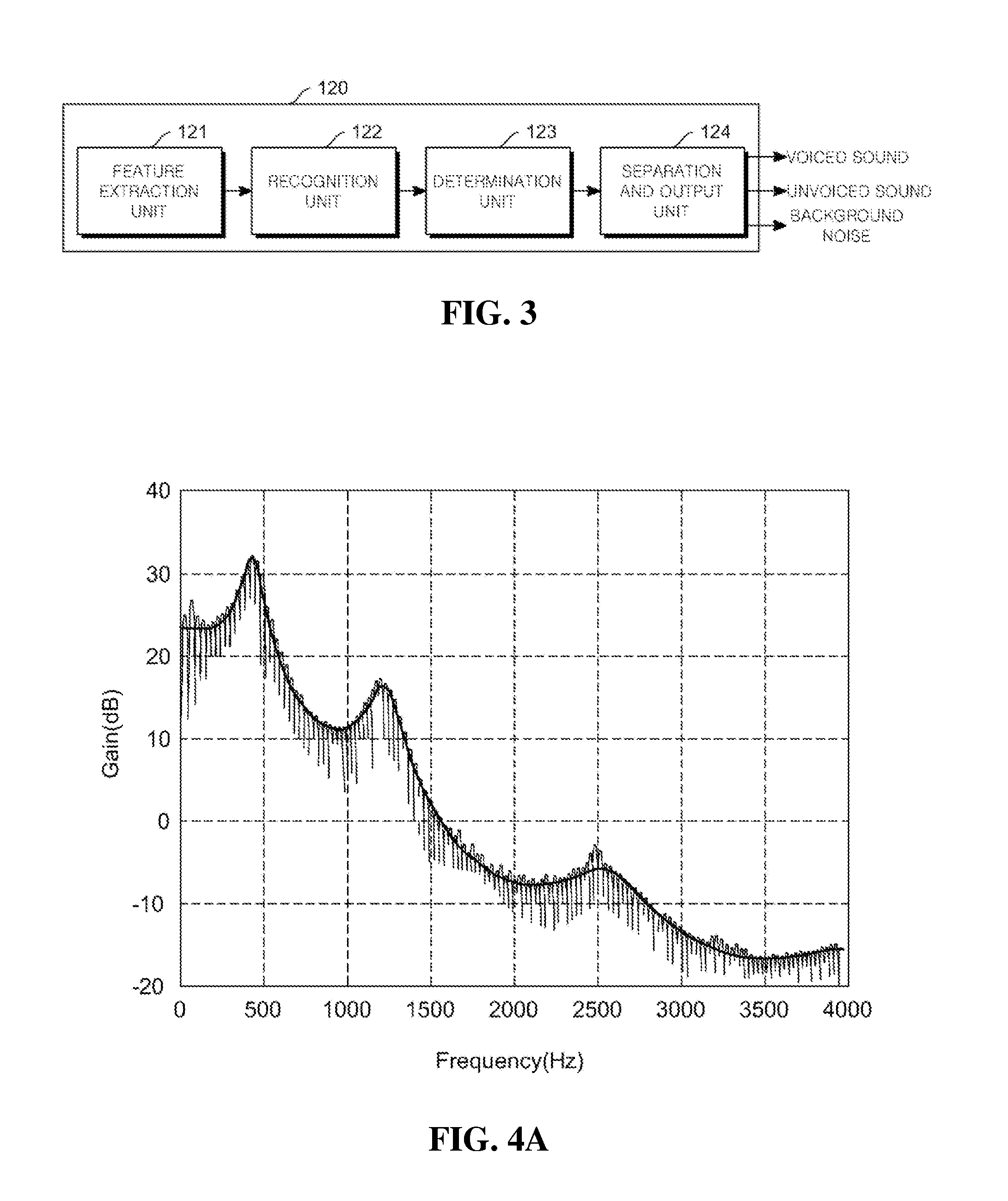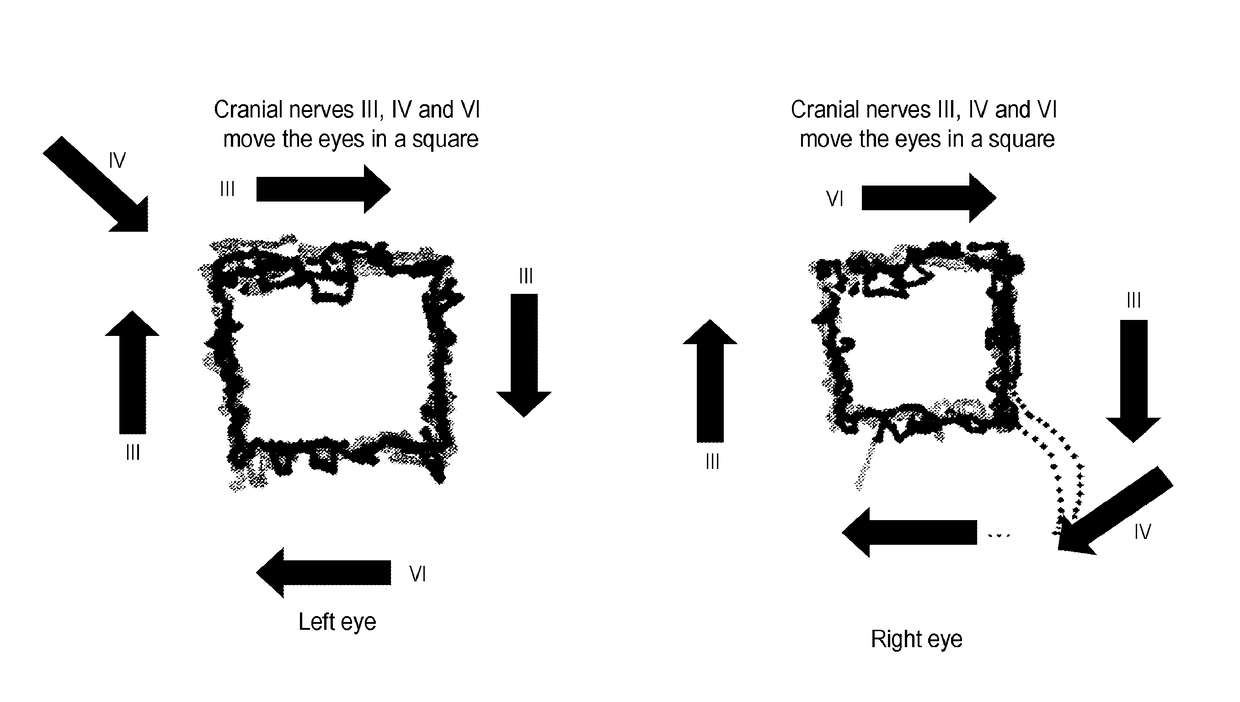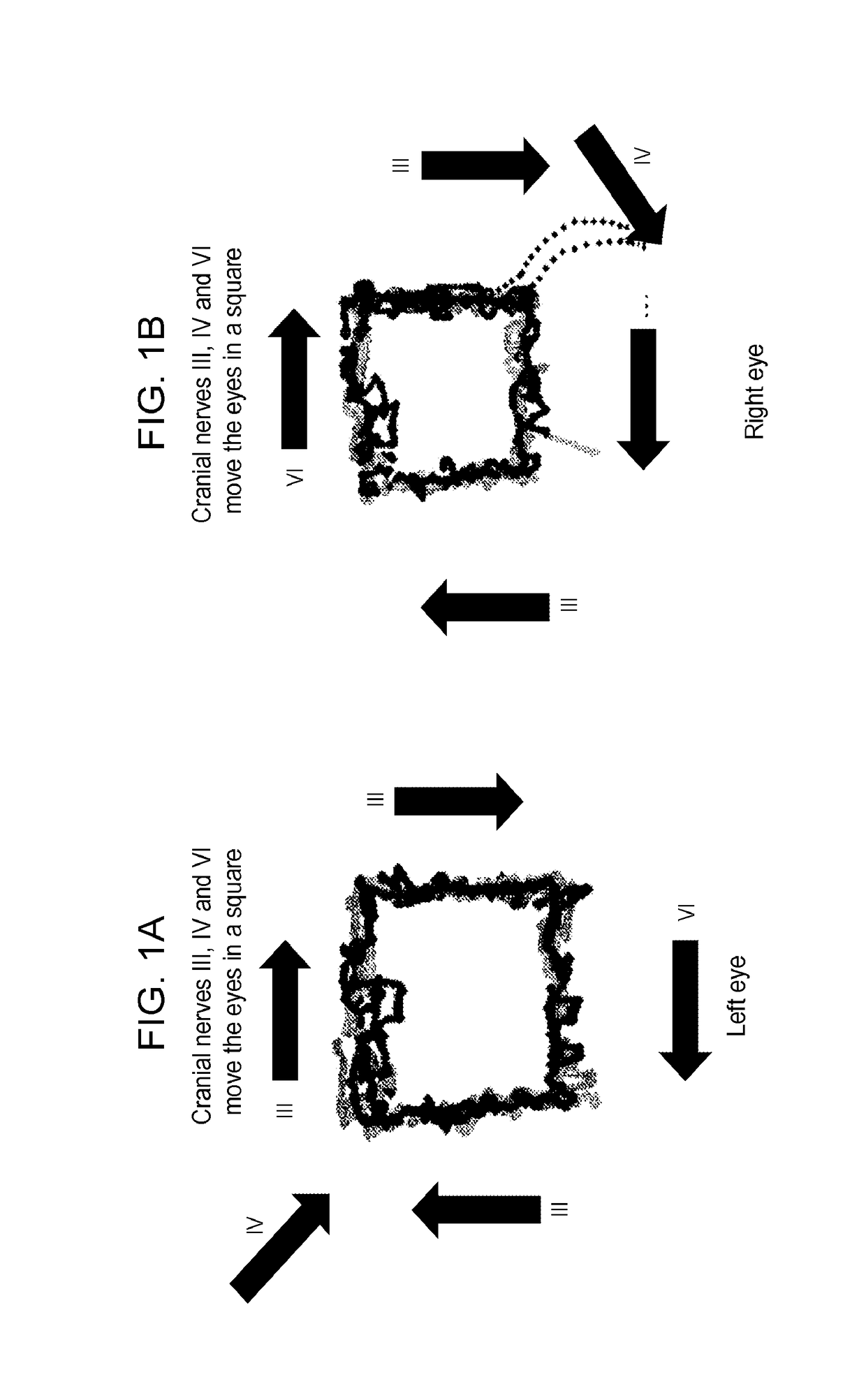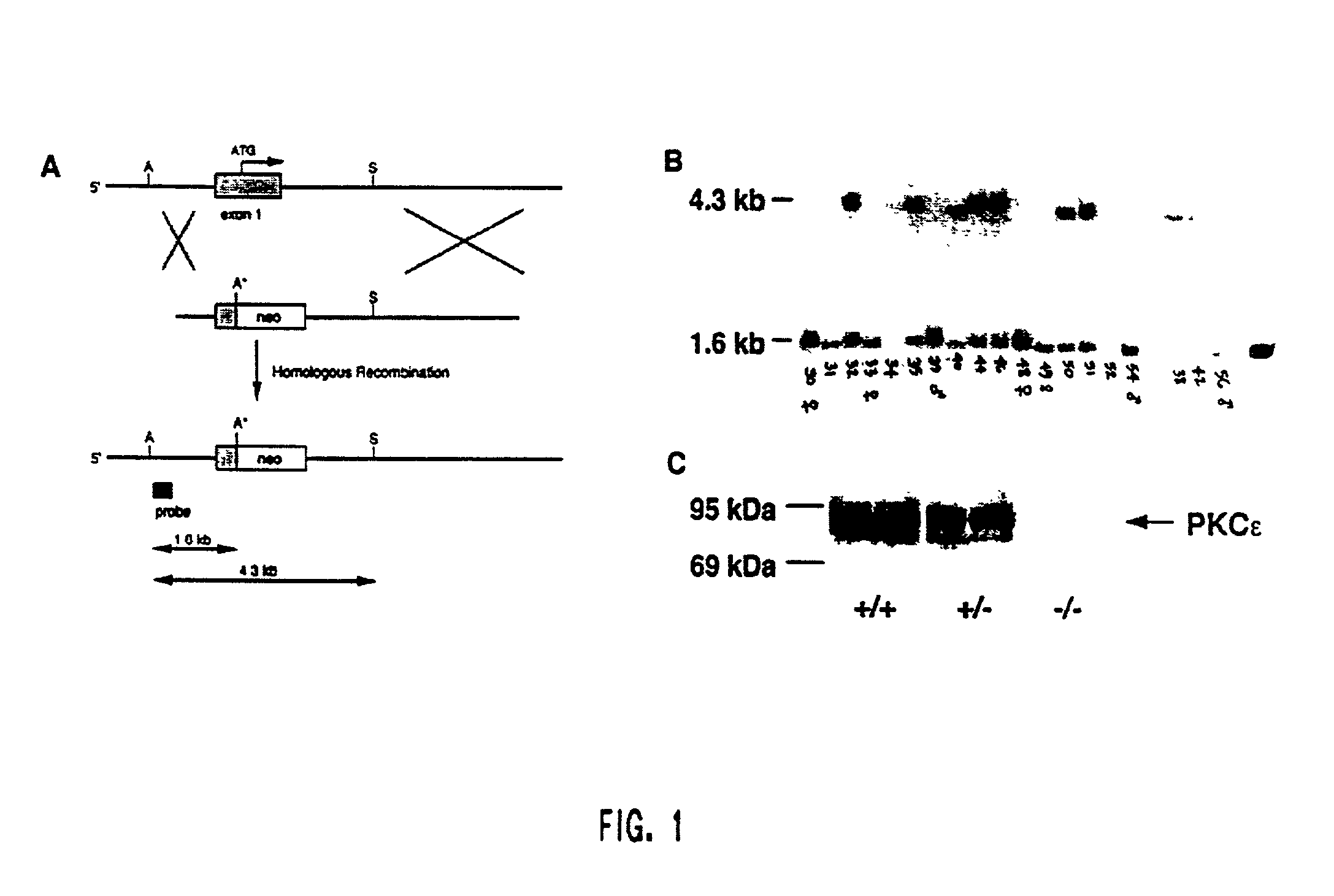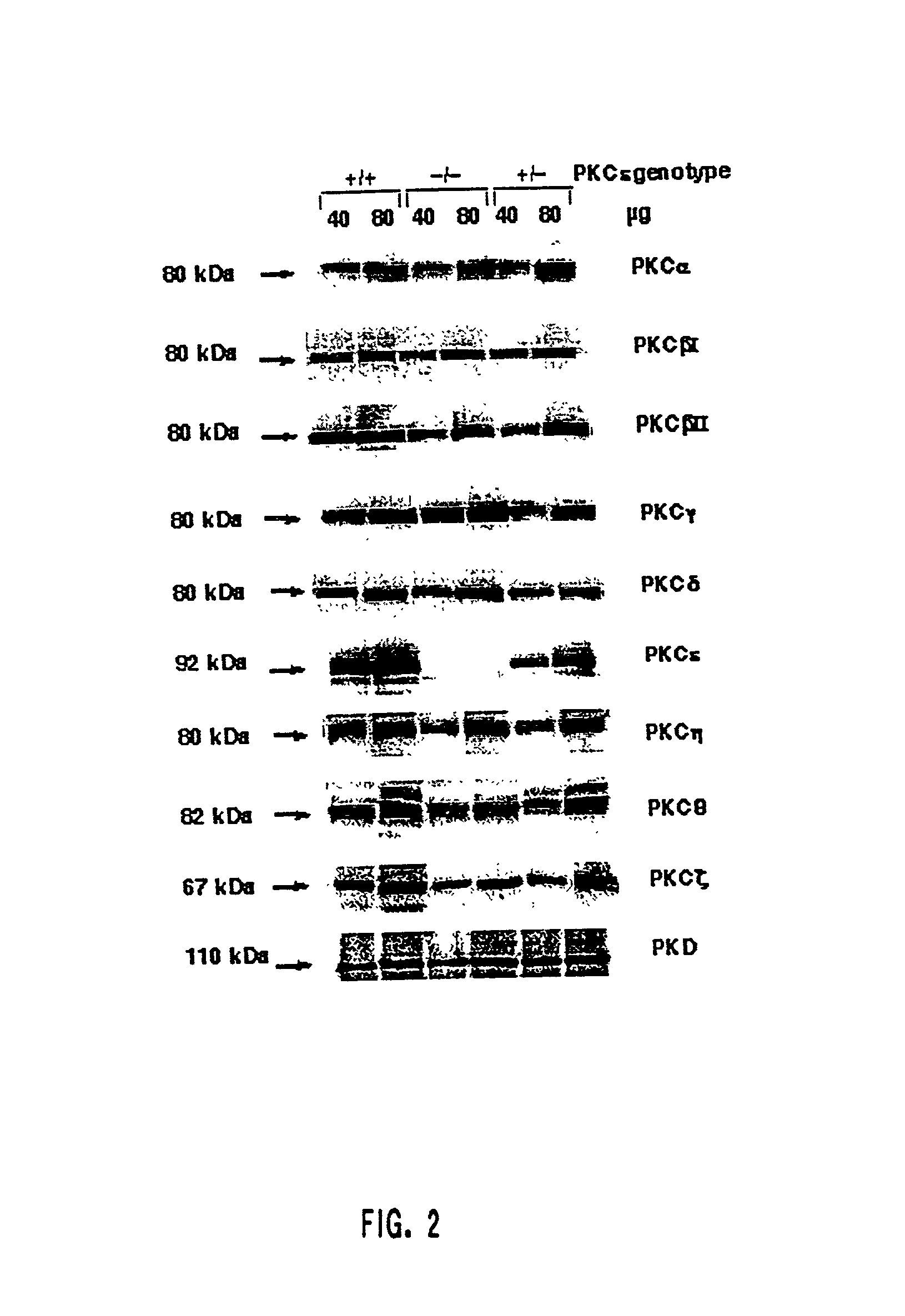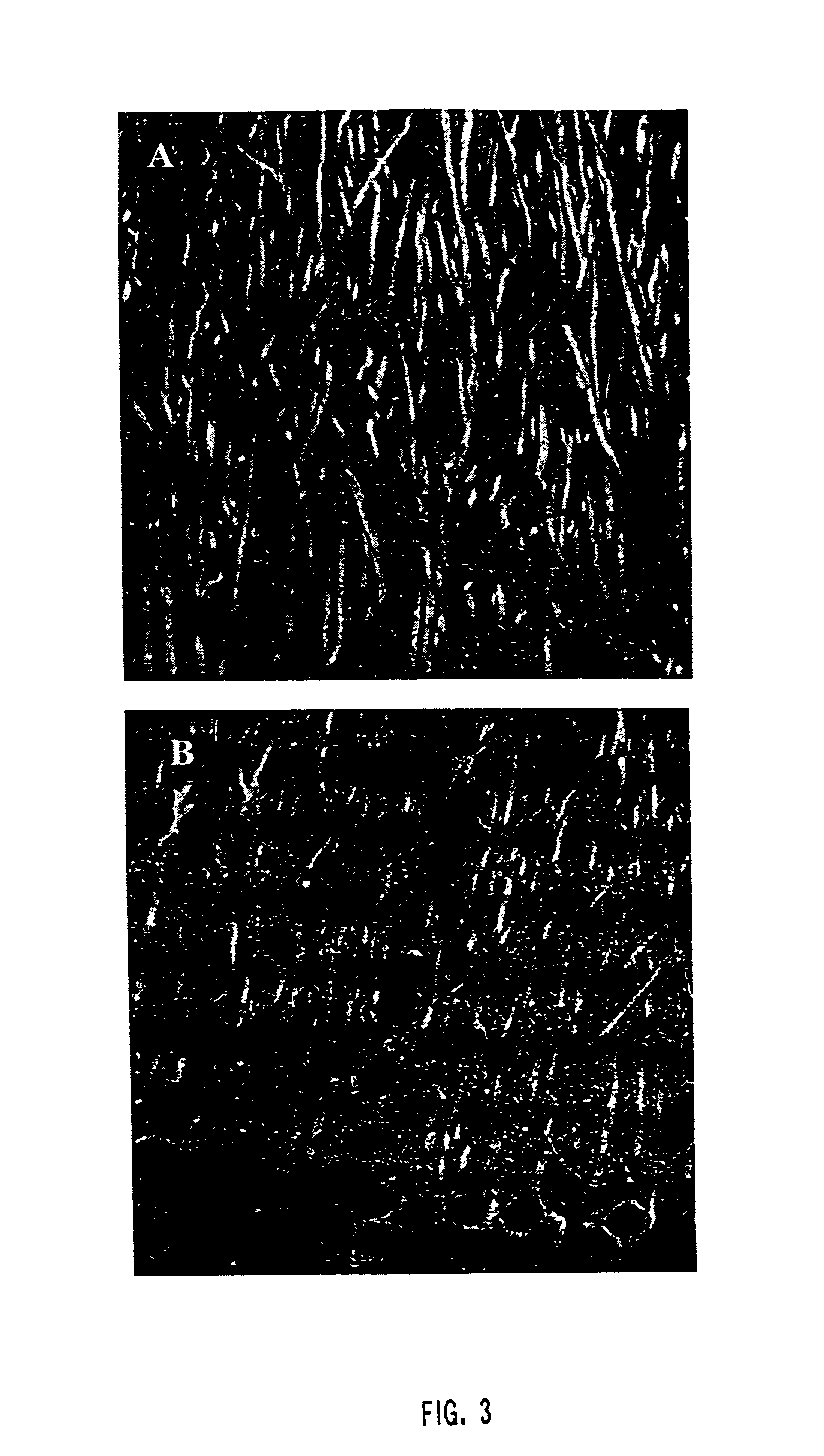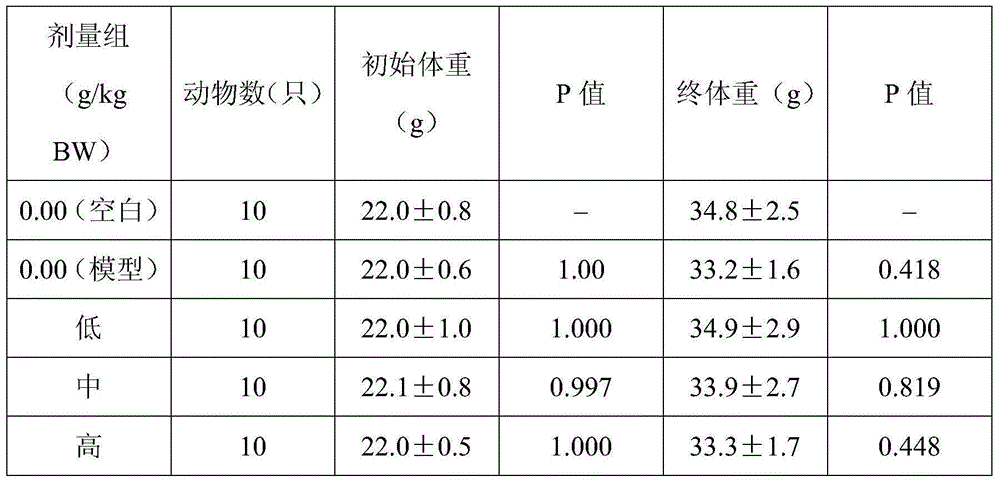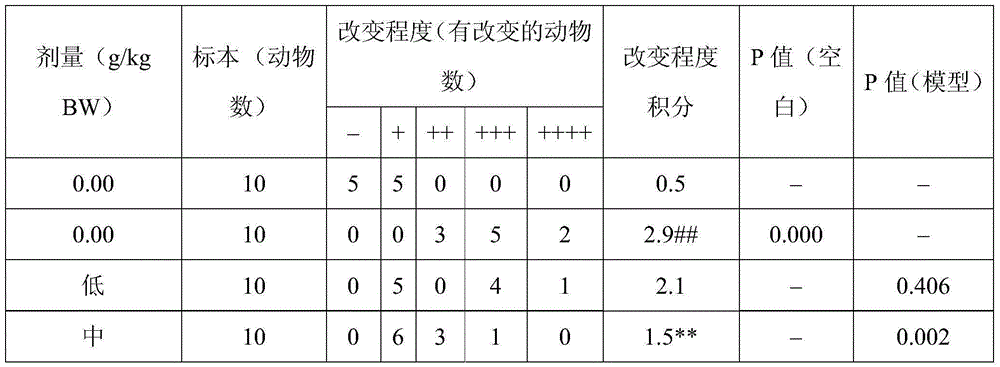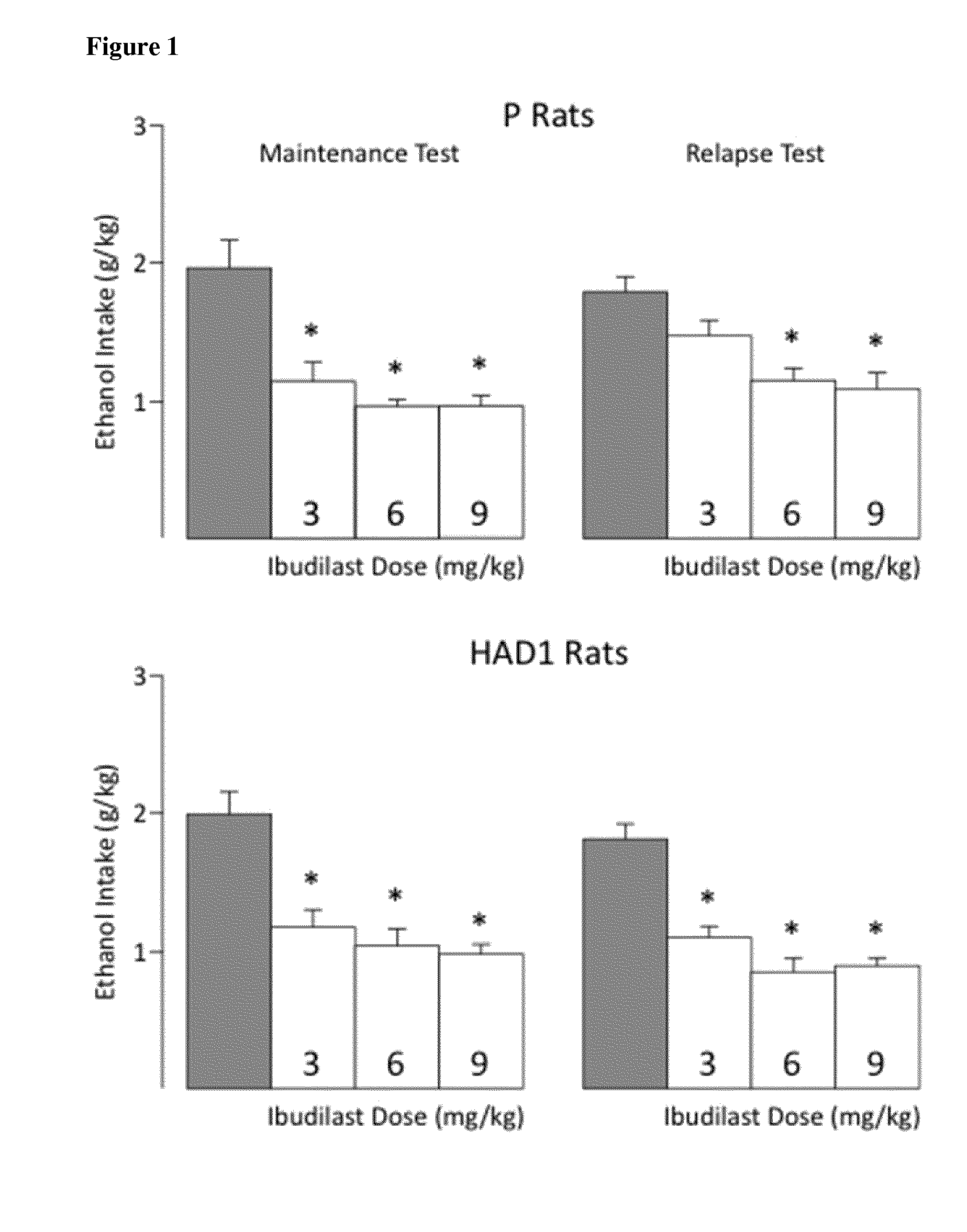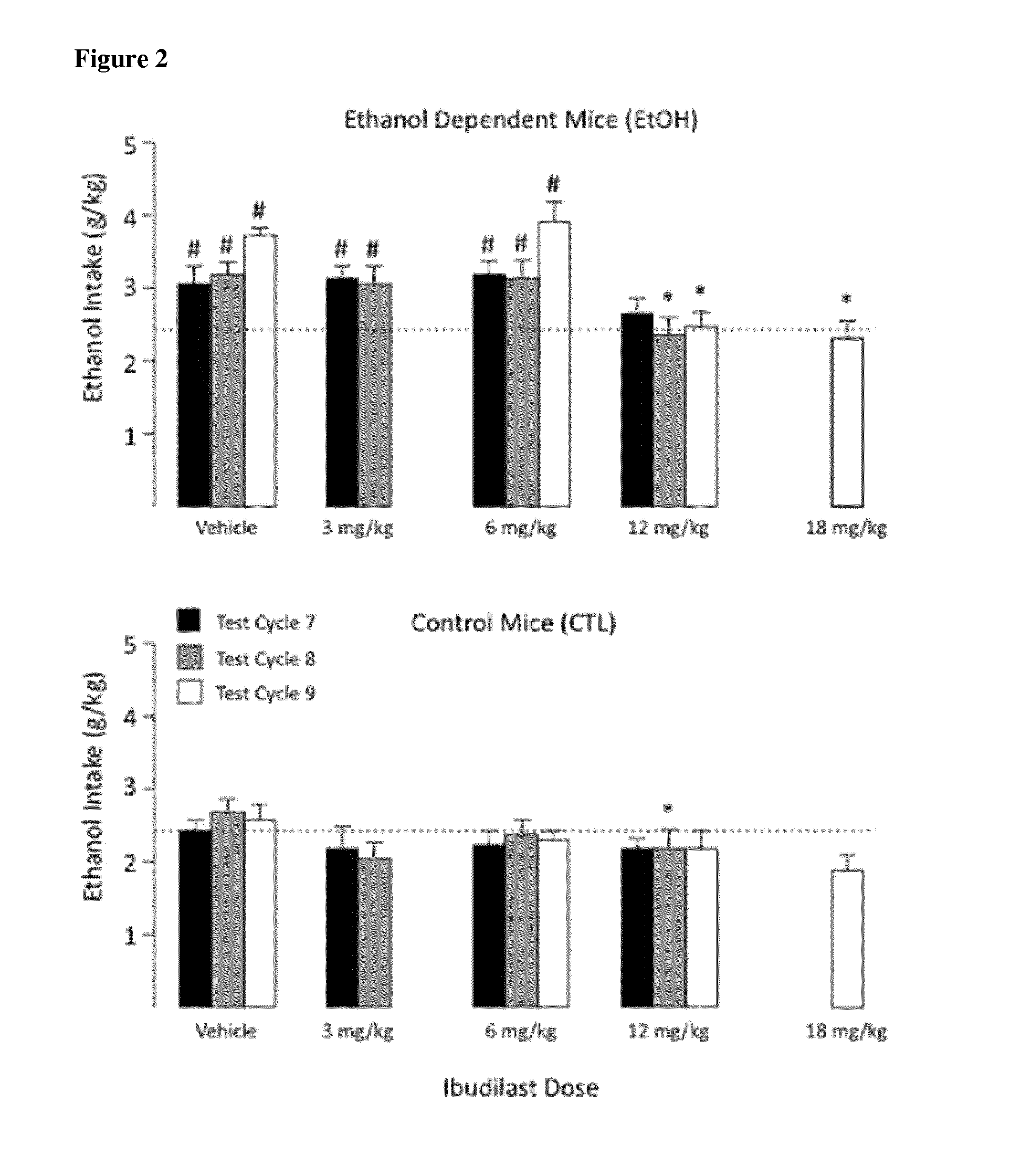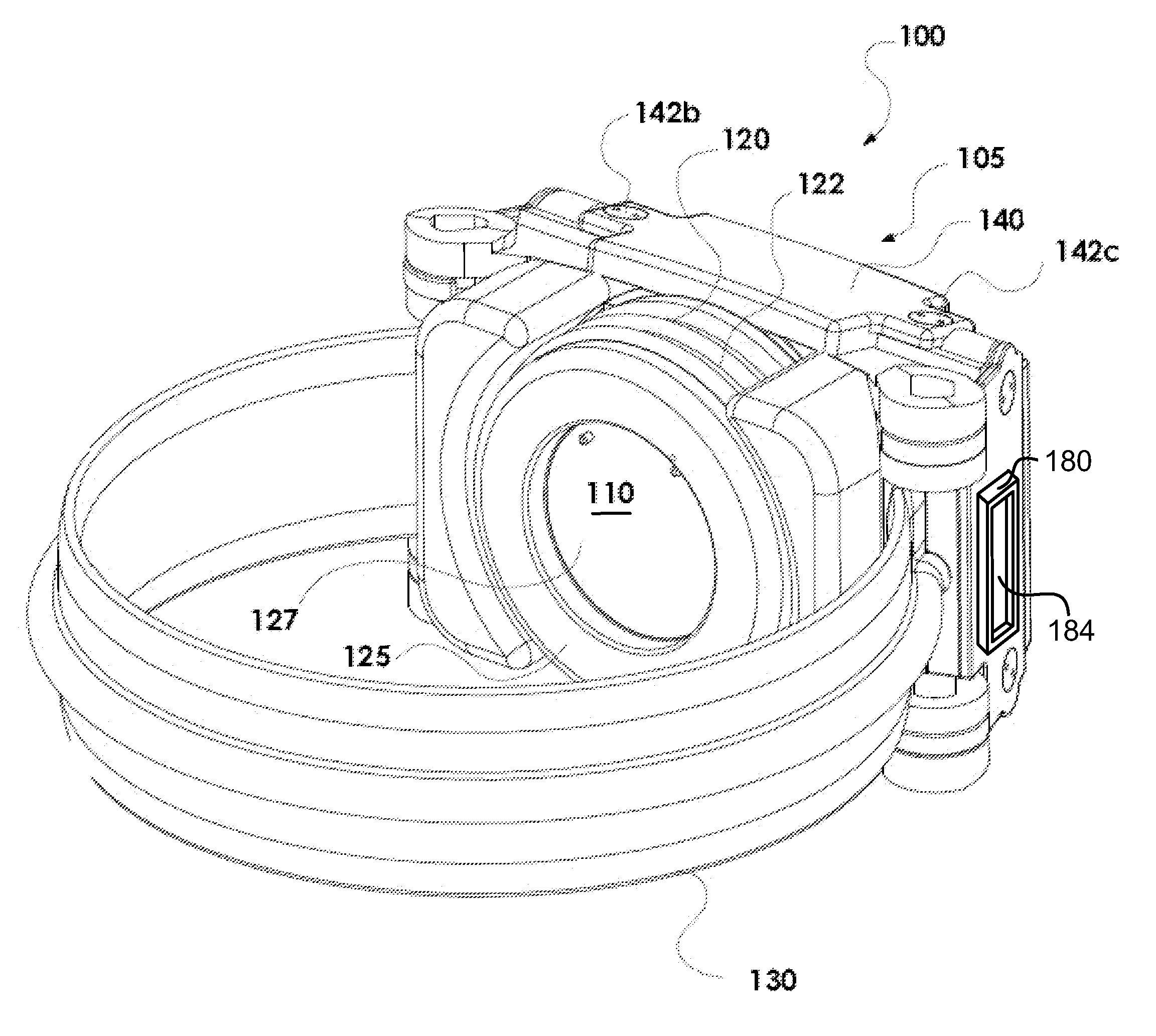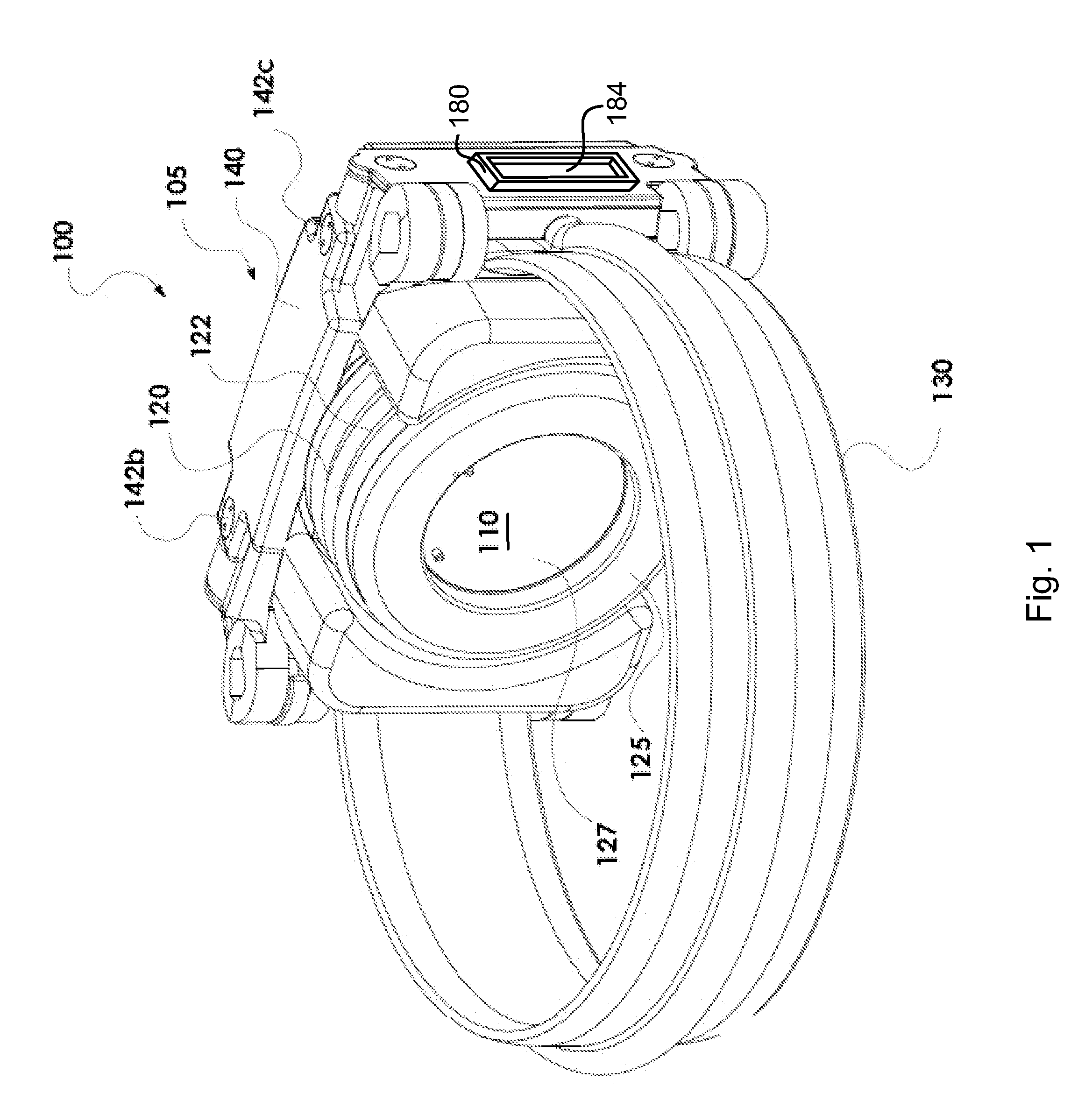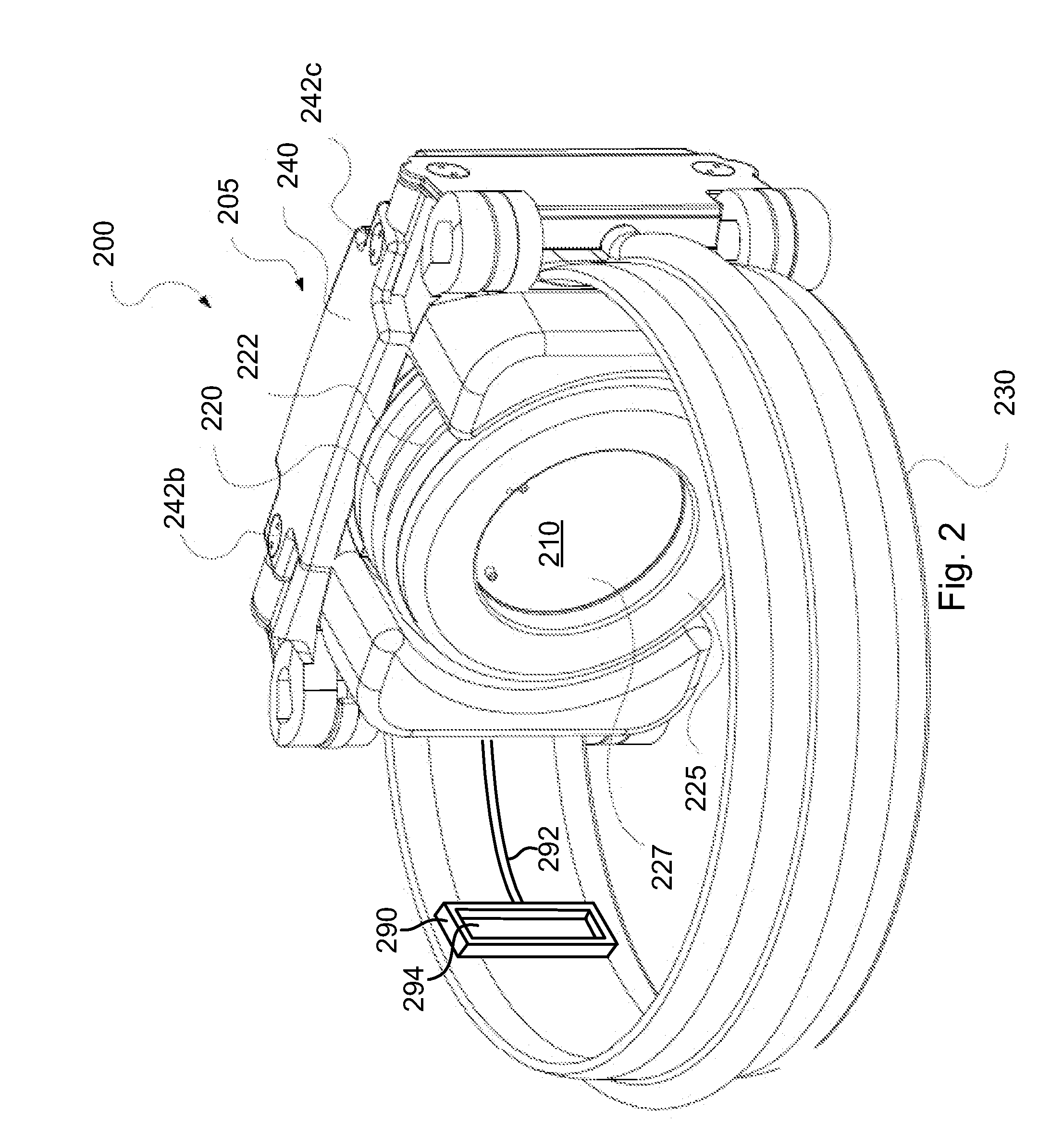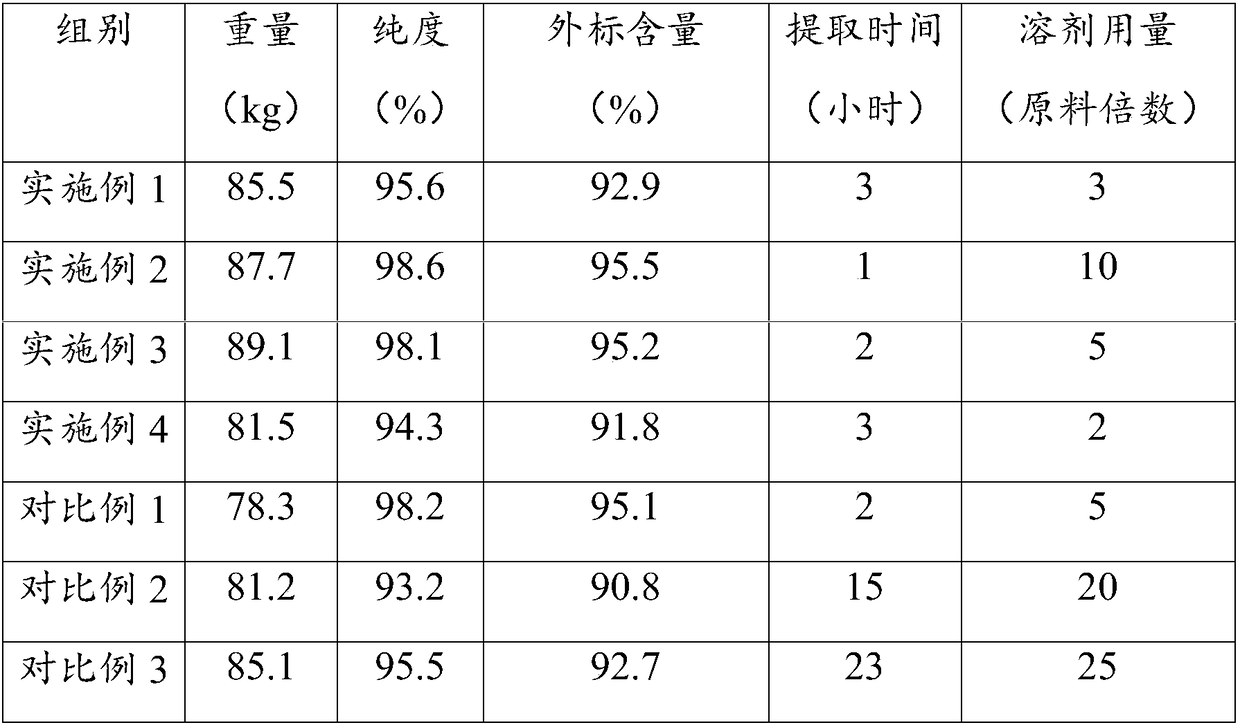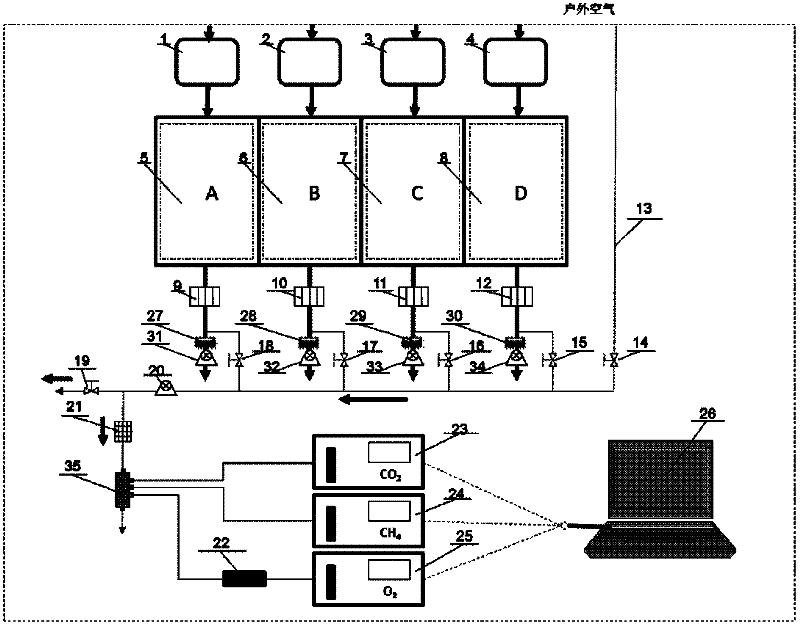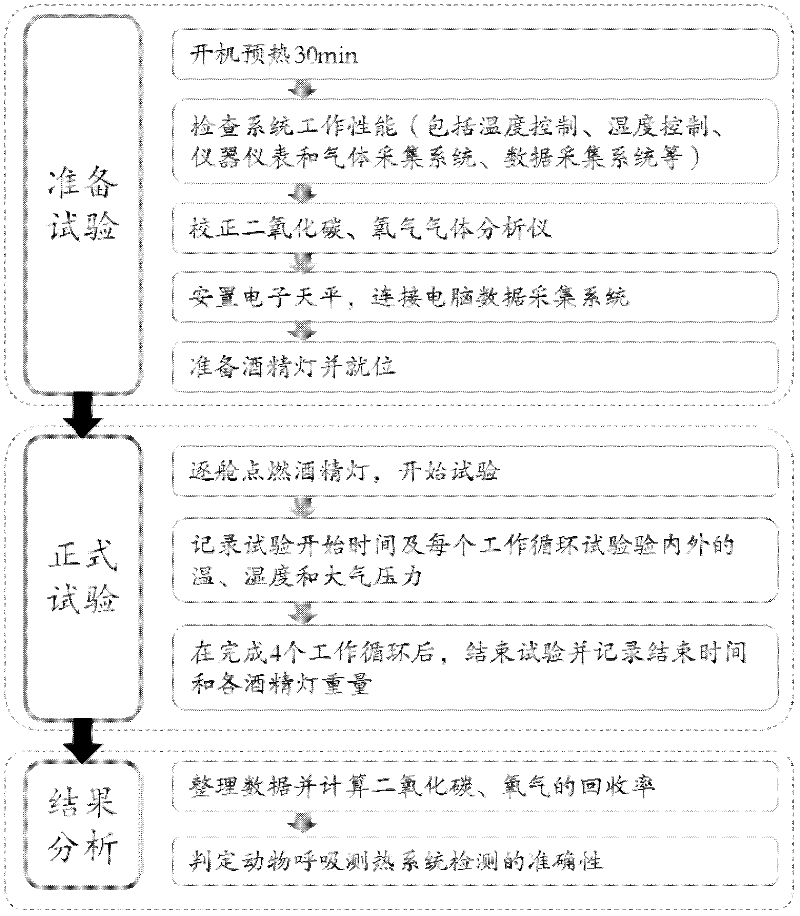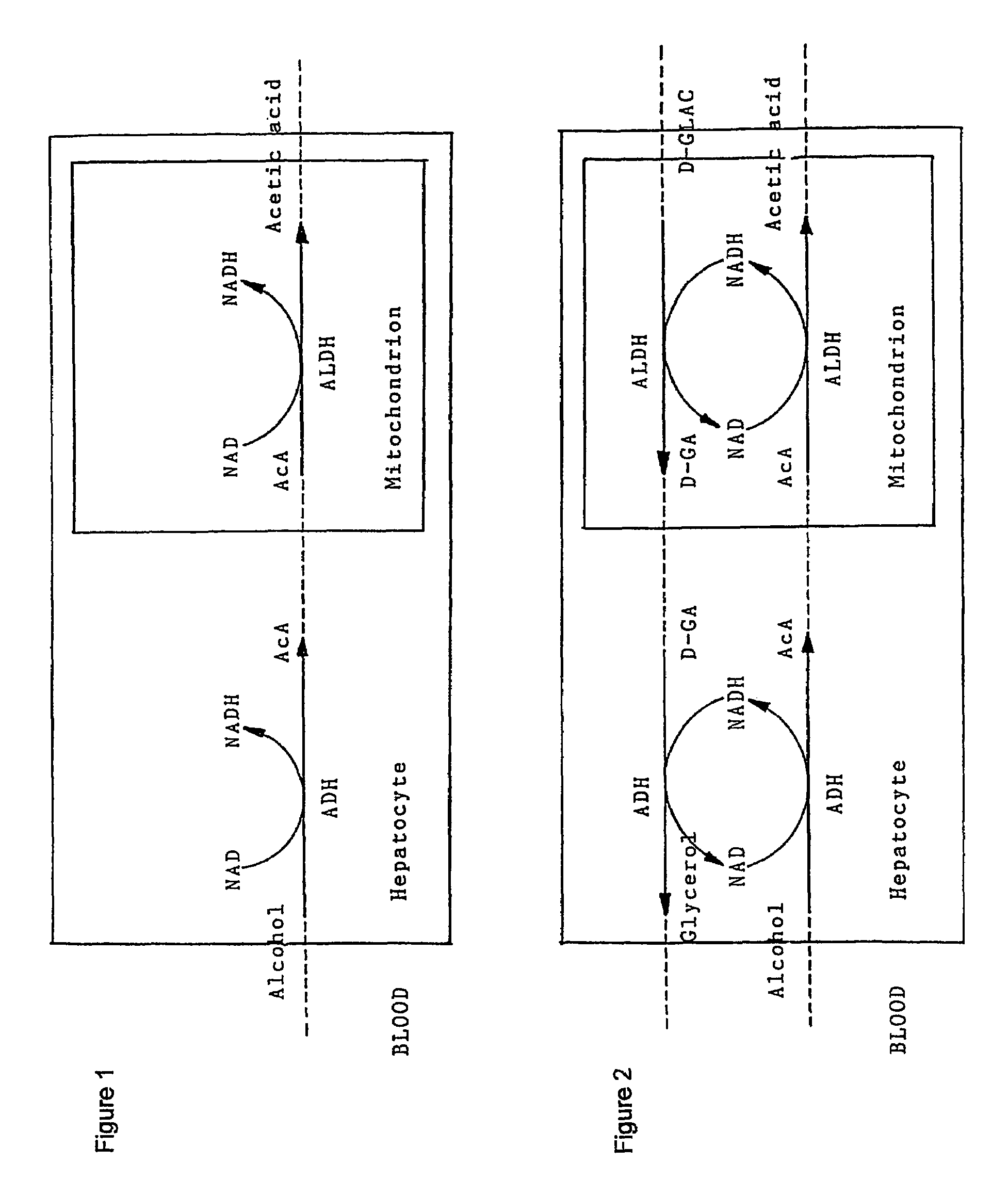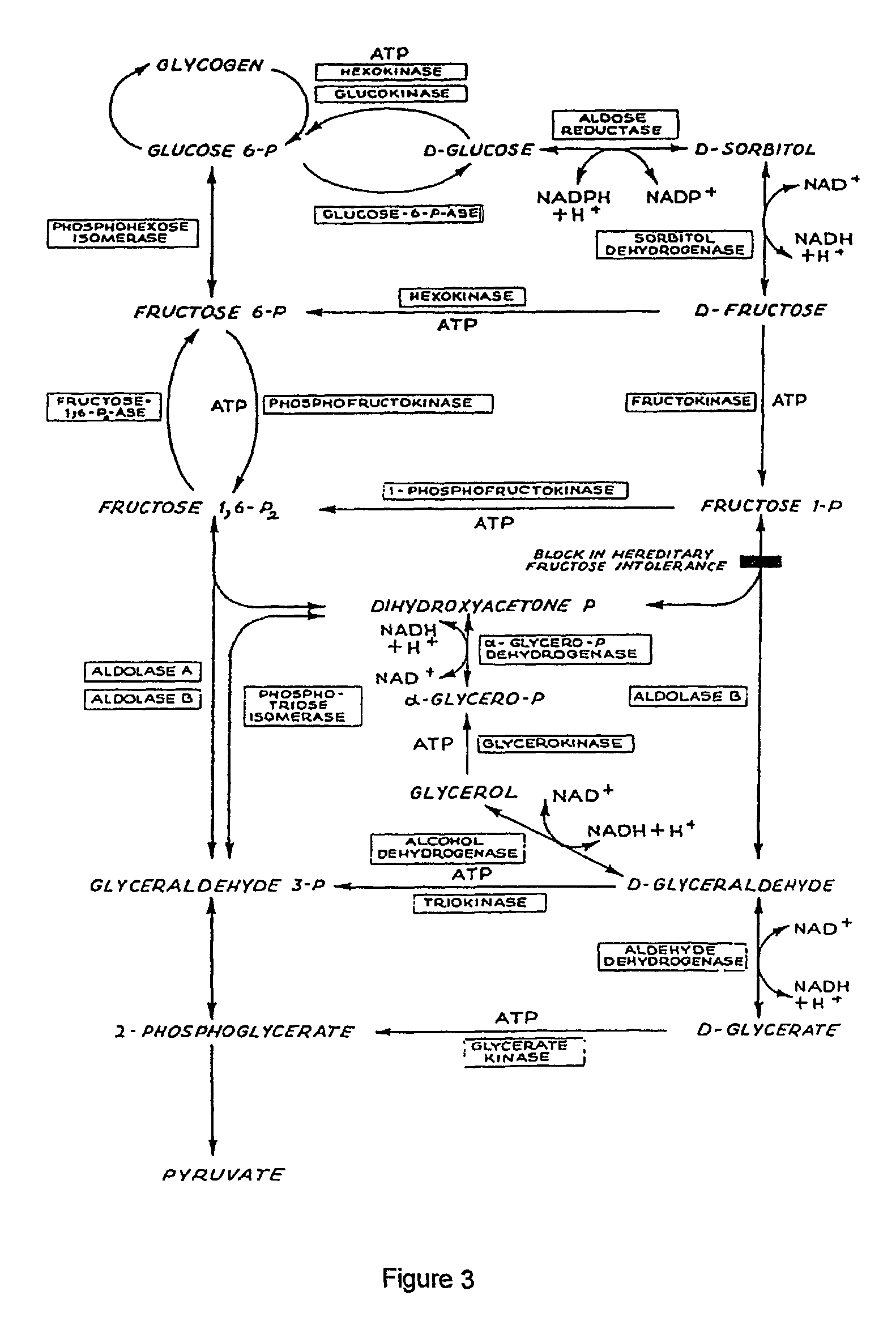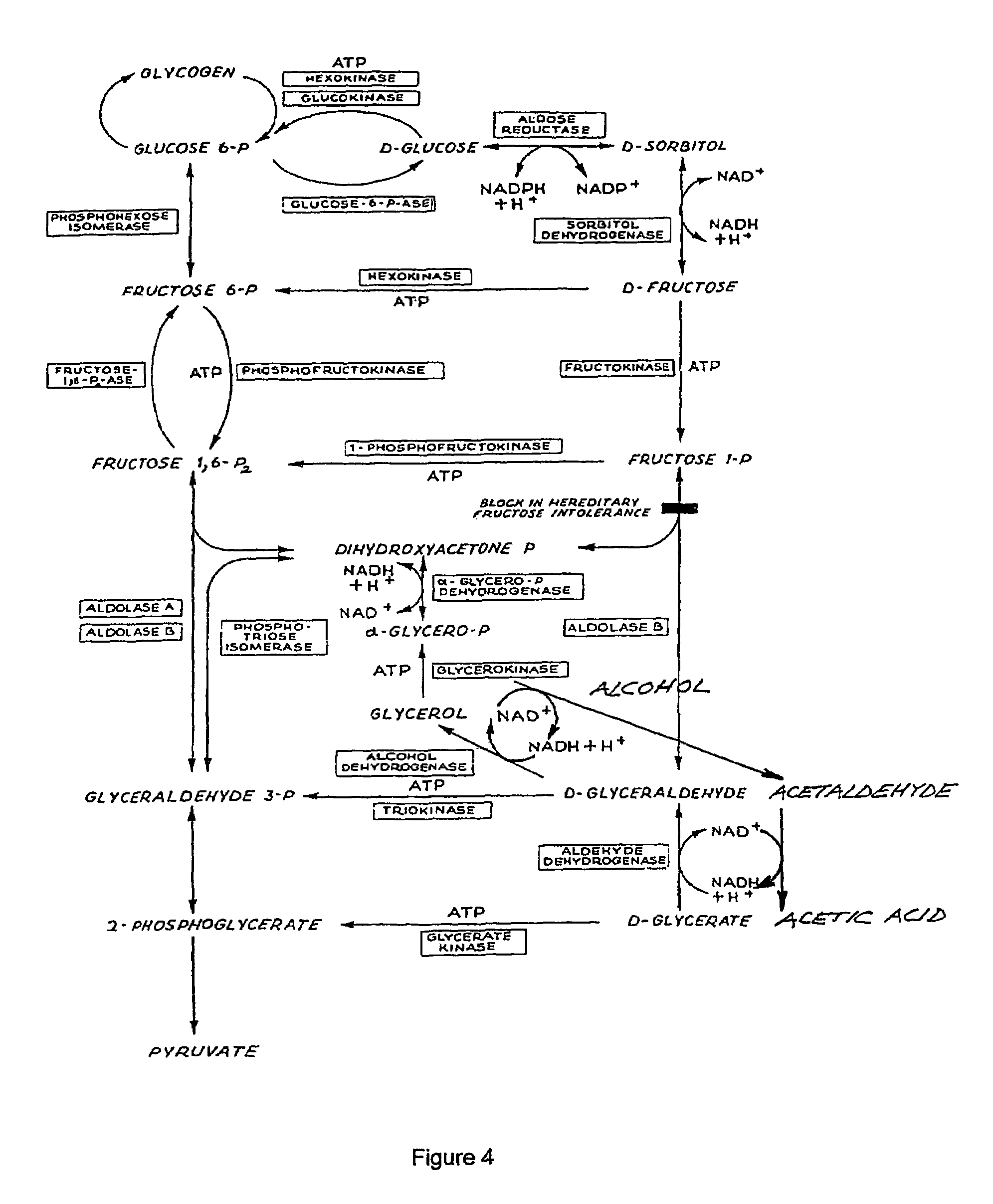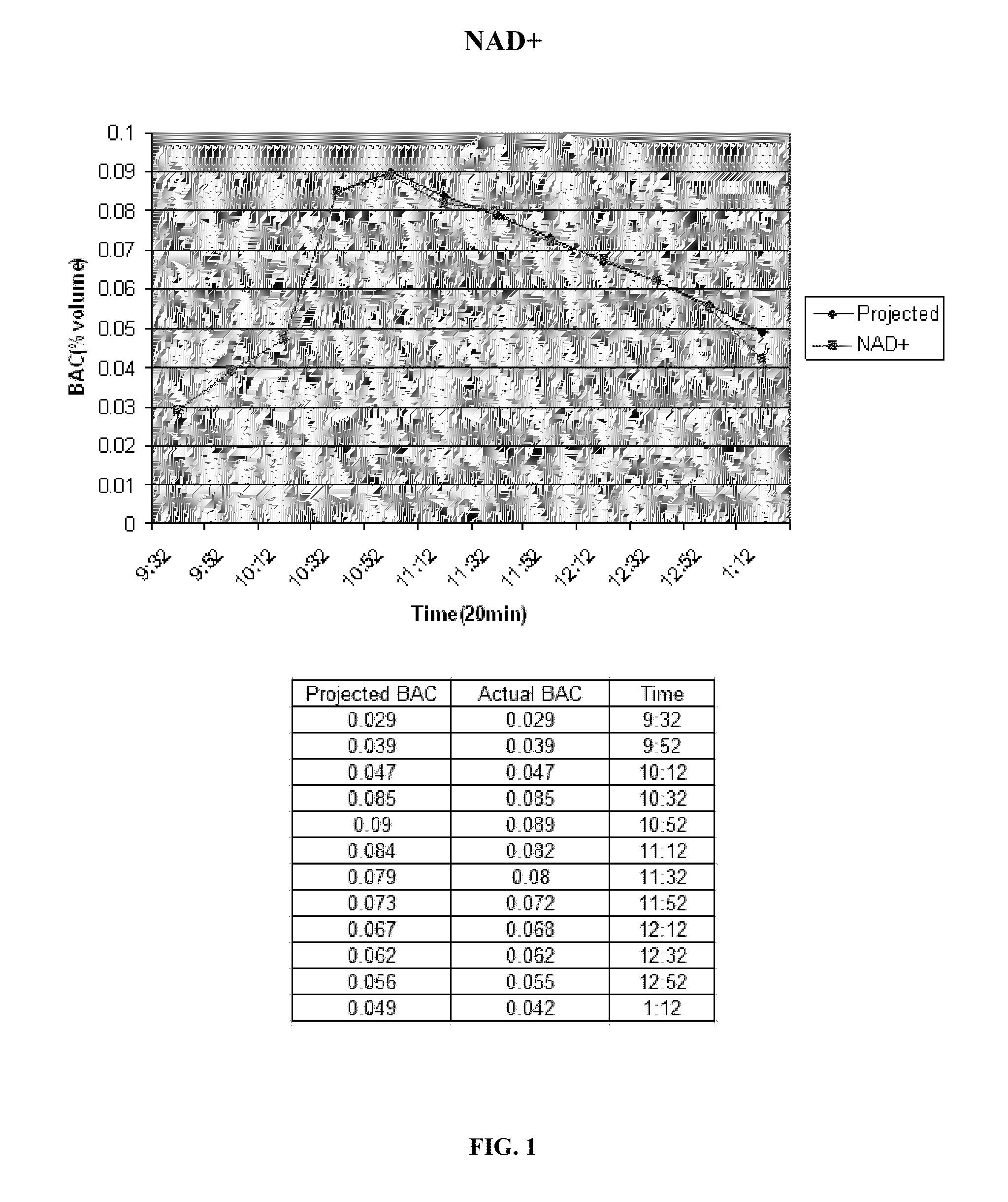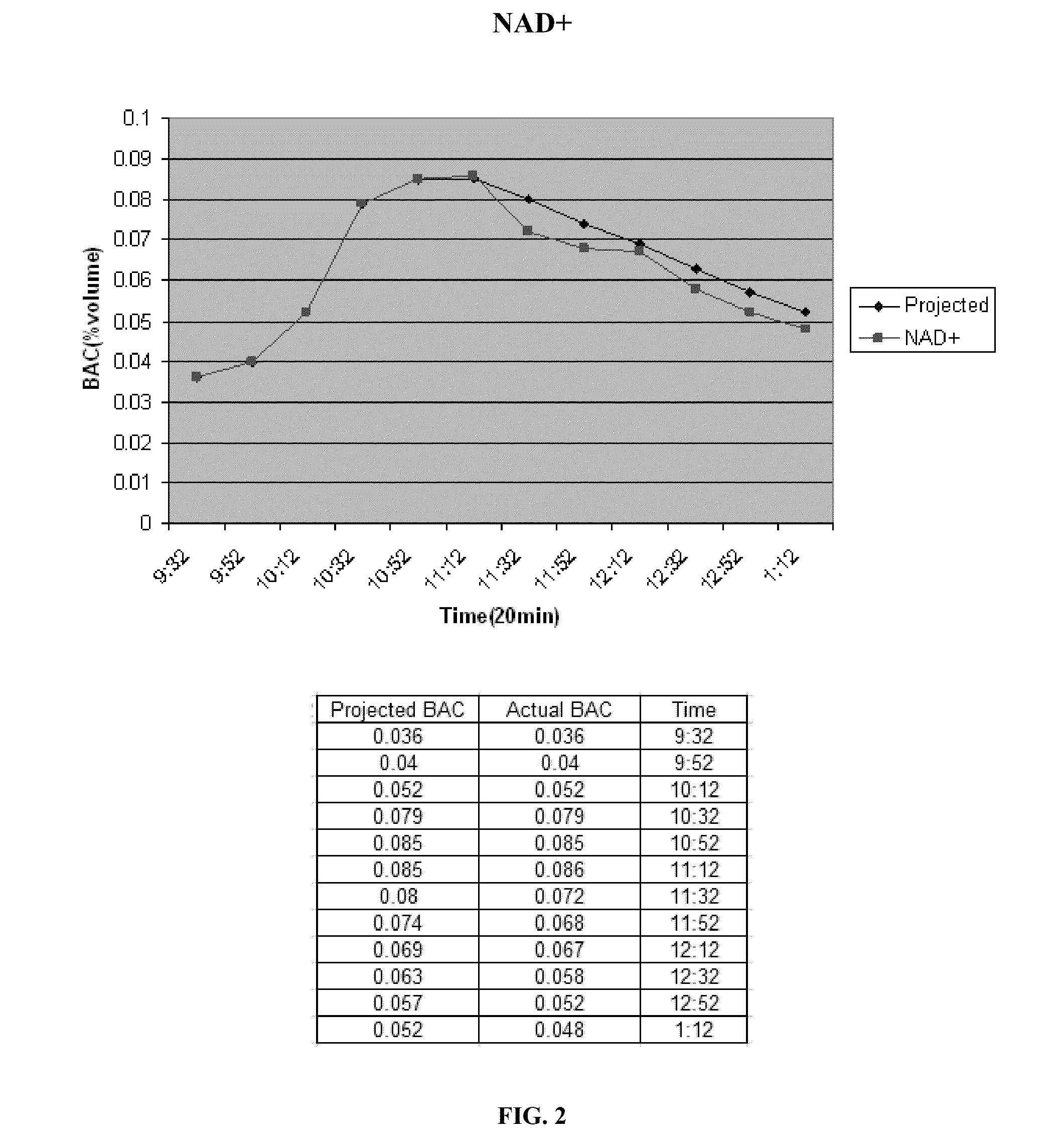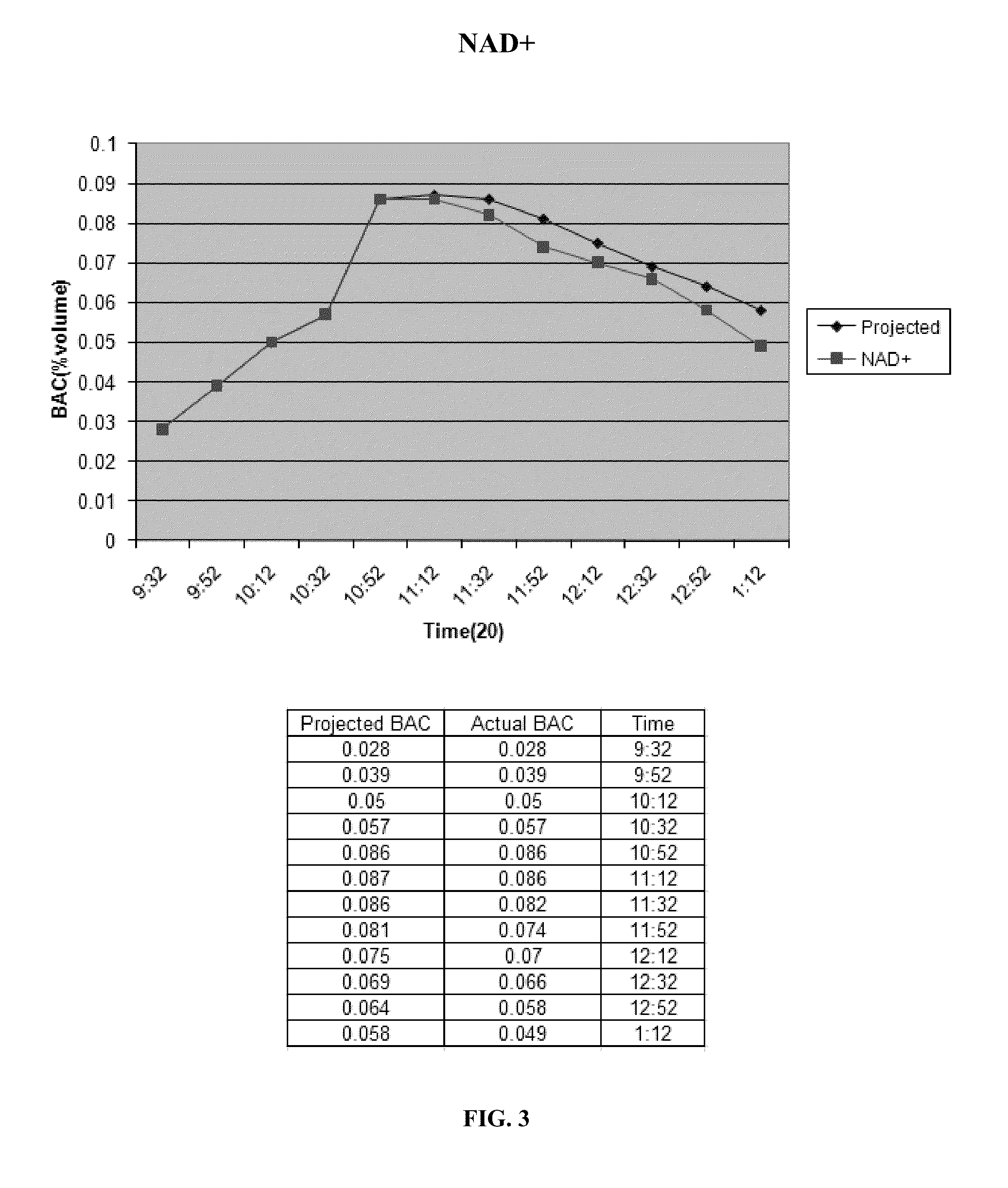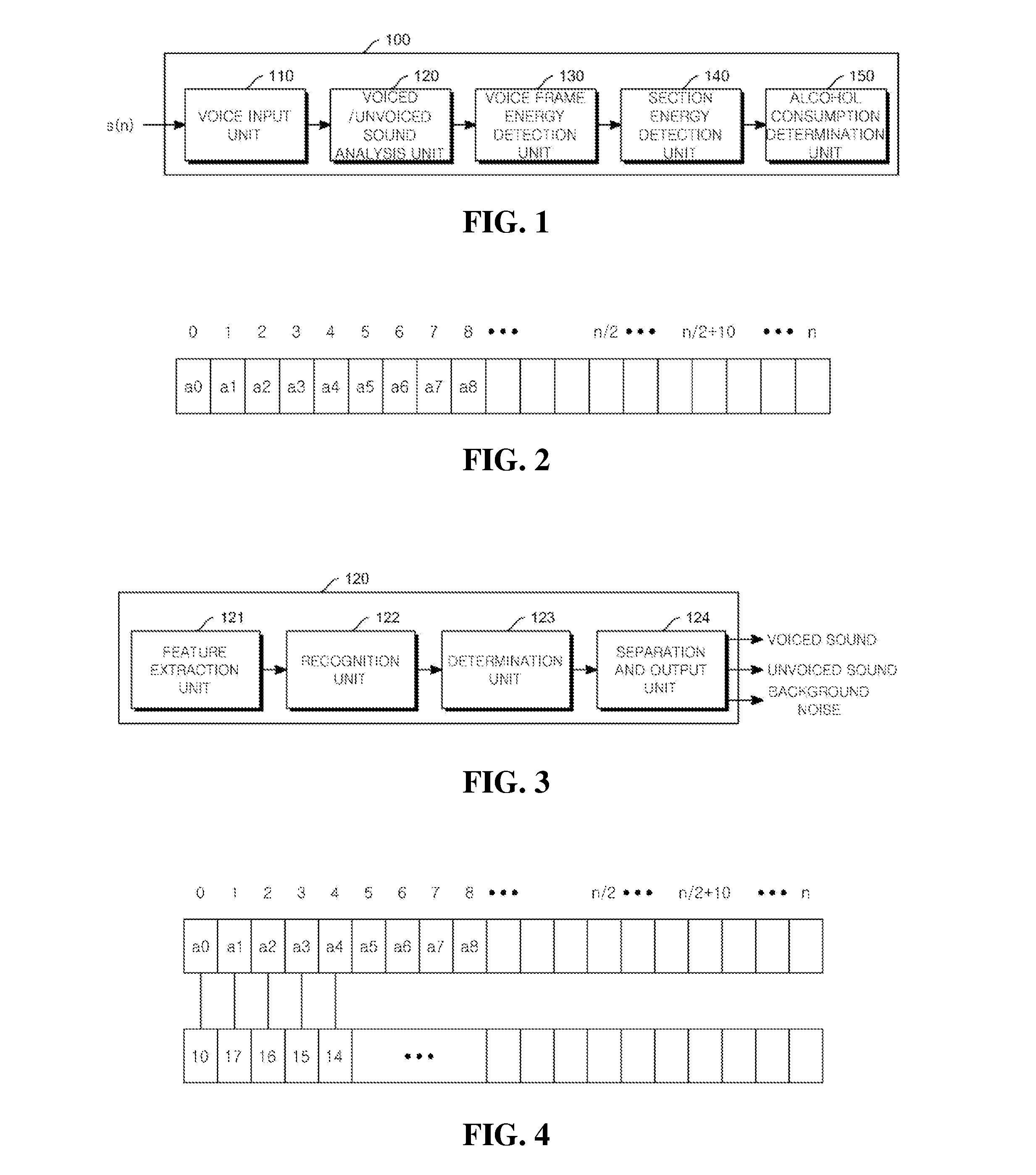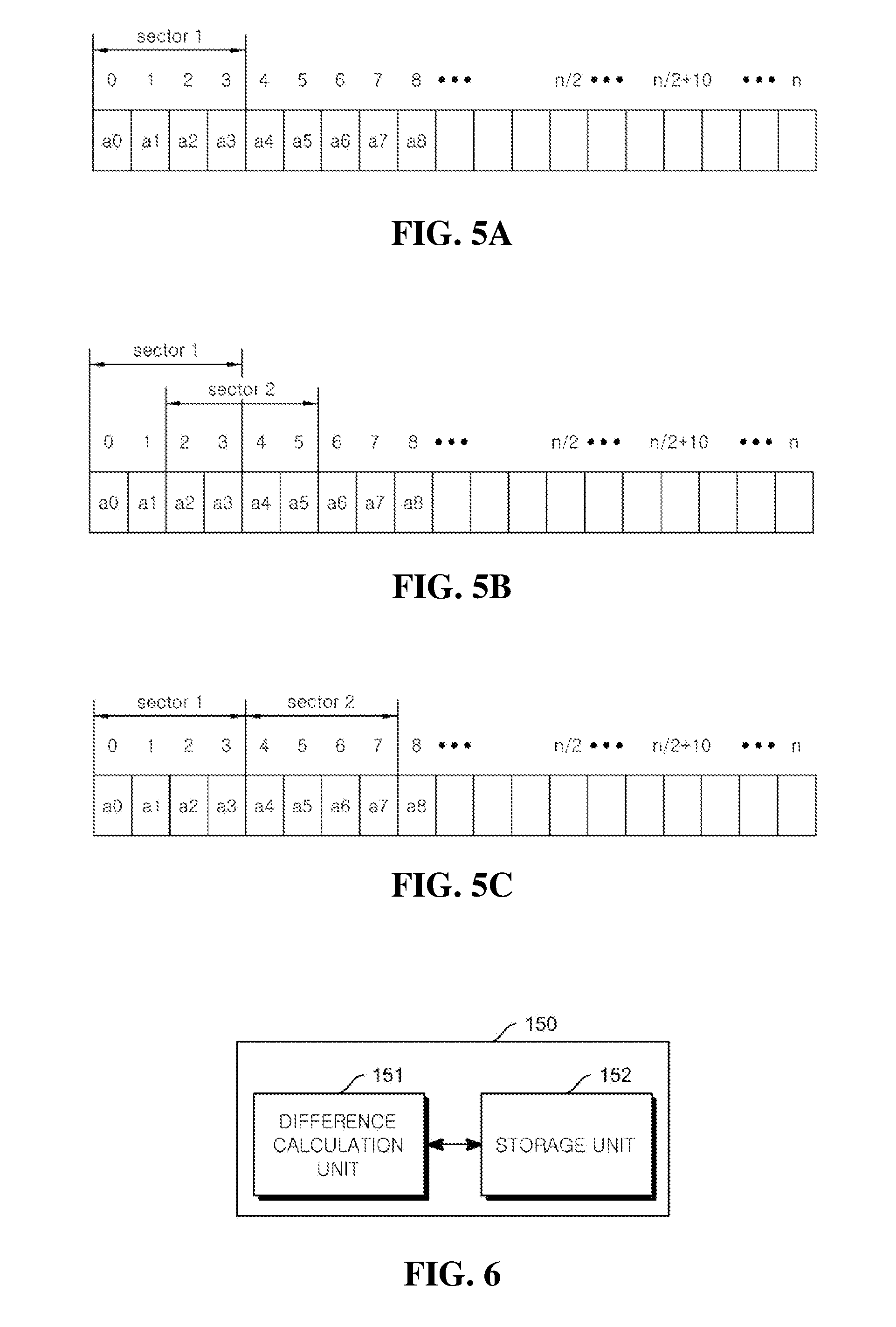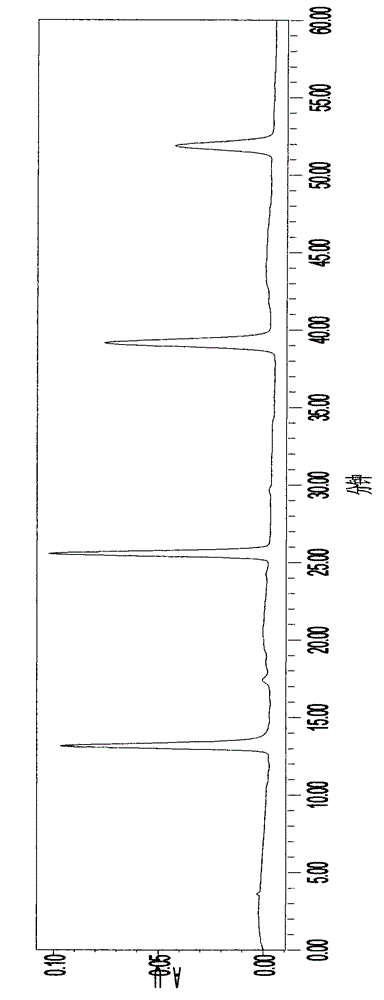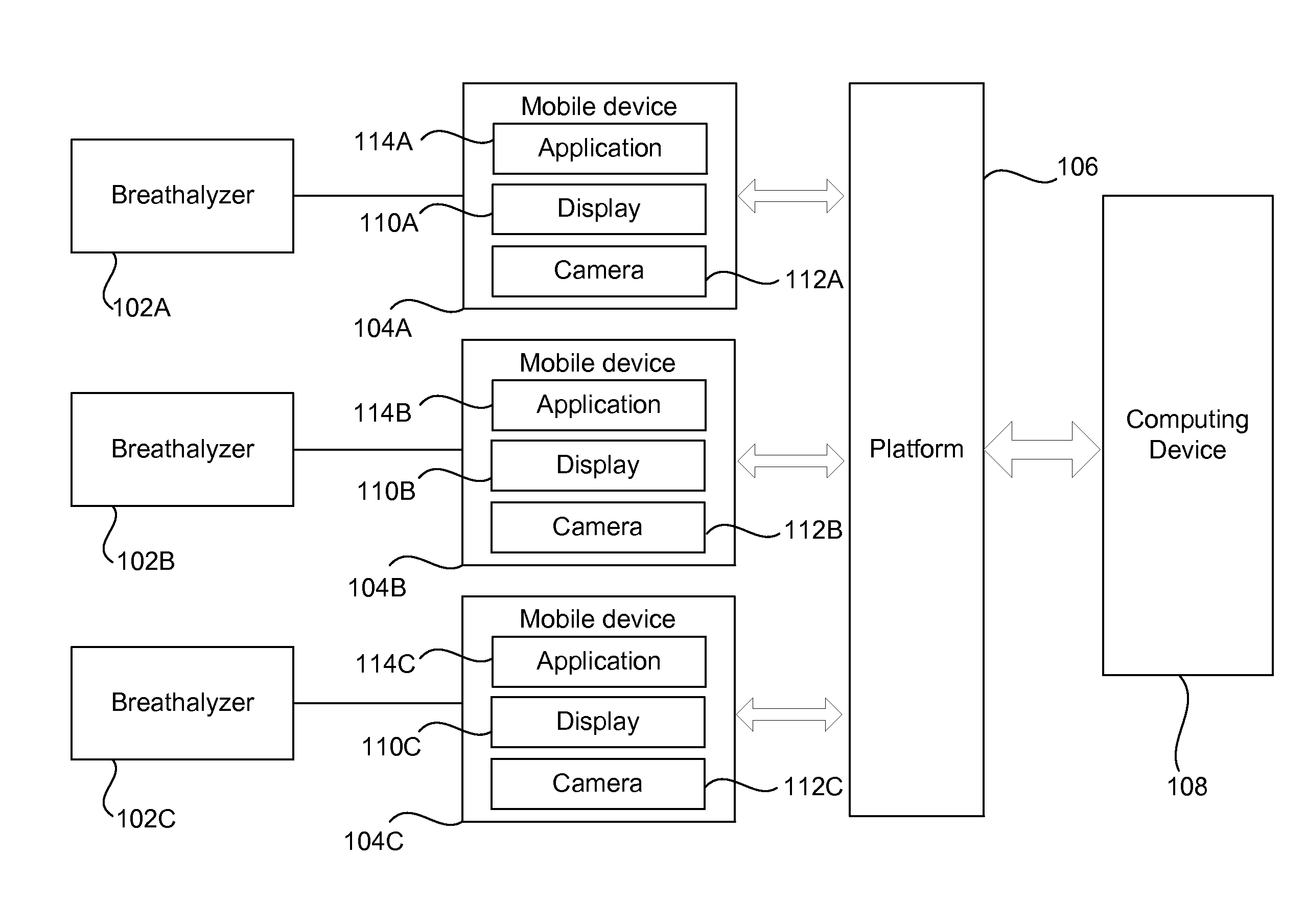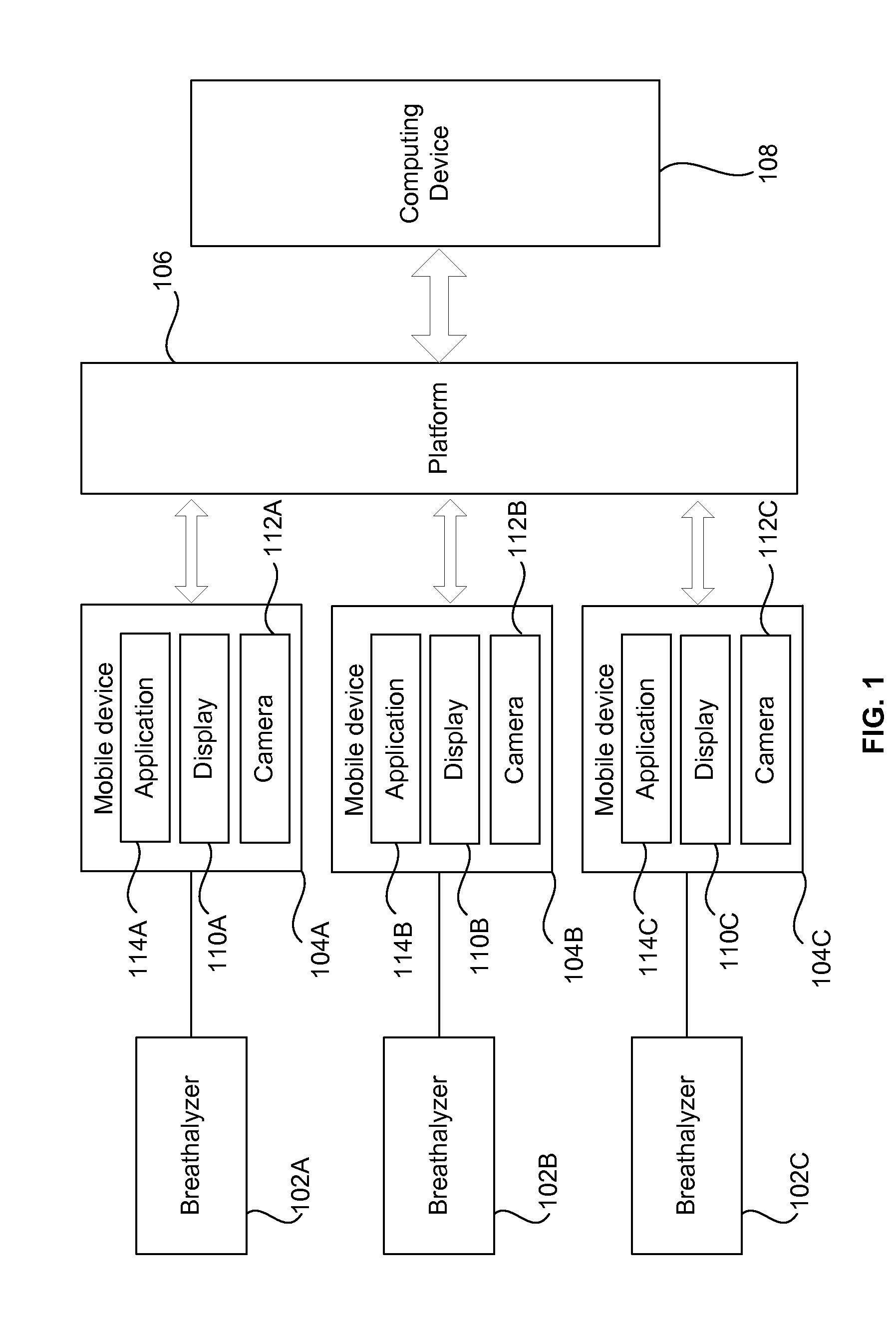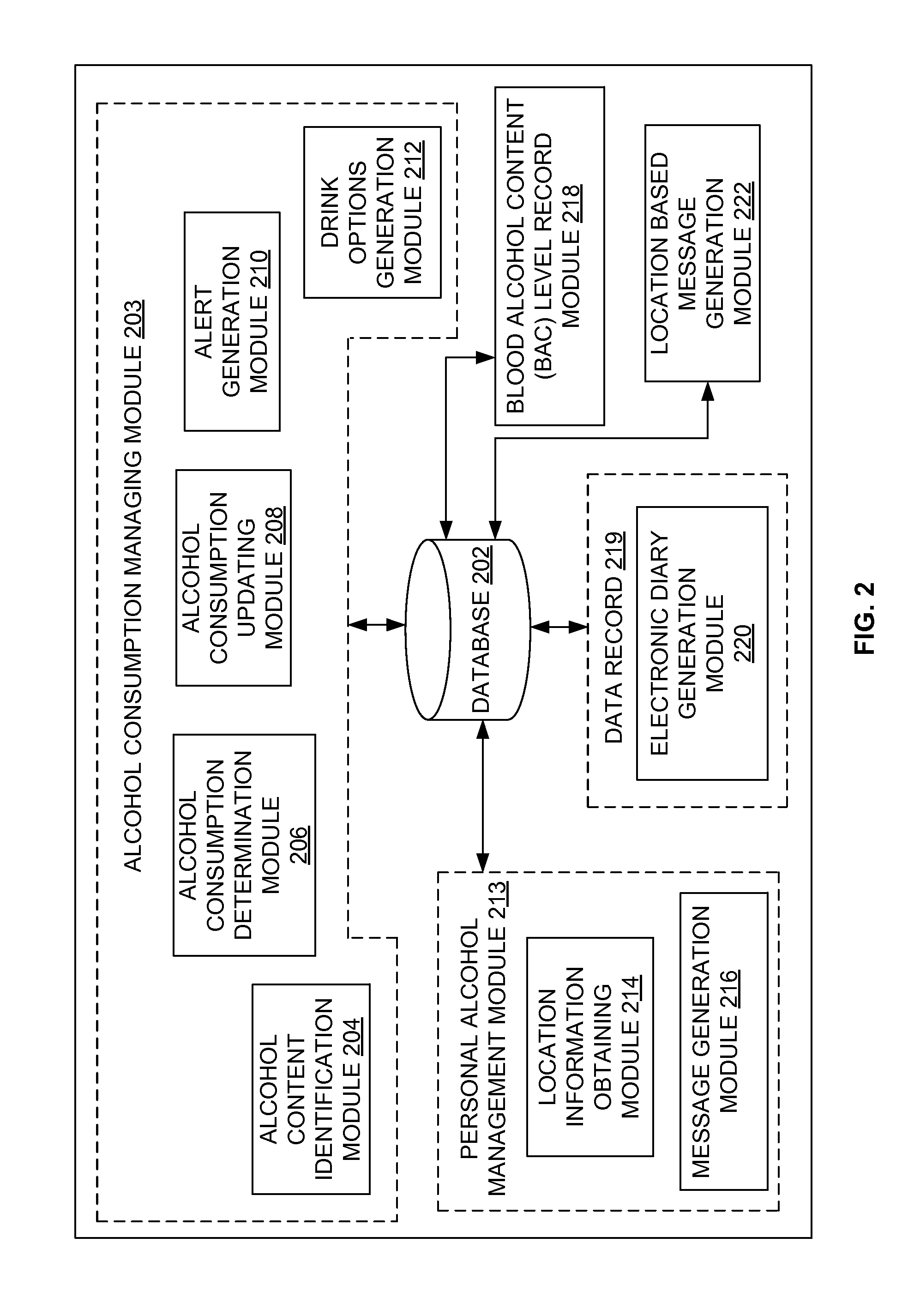Patents
Literature
Hiro is an intelligent assistant for R&D personnel, combined with Patent DNA, to facilitate innovative research.
203 results about "Alcohol consumption" patented technology
Efficacy Topic
Property
Owner
Technical Advancement
Application Domain
Technology Topic
Technology Field Word
Patent Country/Region
Patent Type
Patent Status
Application Year
Inventor
Methods and compositions for the treatment of brain reward system disorders by combination therapy
The present invention is directed to a combination treatment of an opioid antagonist e.g., naltrexone and a second compound selected from the group consisting of a GABA B agonist, an NMDA antagonist, a serotonin antagonist, and a cannabinoid antagonist is the key to the successful treatment of a brain reward system disorder. A brain reward system, include but are not limited, to pathological gambling, compulsive alcohol consumption, compulsive over-eating and obesity, compulsive smoking, and drug addiction. The compounds and methods of the present invention effectively reduce the cravings, withdrawal symptoms and negative drug side effects associated with a monotherapy. As such, patient compliance is greatly increased, thereby decreasing relapse of a brain reward system disorder.
Owner:ALKERMES INC
Apparatus and method for improved vehicle safety
InactiveUS20120112879A1Curtail and prevent operation of vehicleReduce stepsElectric signal transmission systemsImage analysisEngineeringAutomatic testing
A vehicle access system is disclosed for preventing the operation of vehicles by operators who are impaired due to various reasons including alcohol consumption, drug use and fatigue. The system identifies the vehicle operator and implements automated tests or tests with manual intervention to determine the ability of vehicle operators to properly control the vehicle prior to and during the operation of the vehicle.
Owner:EKCHIAN CAROLINE M +1
Systems and Methods for Alcohol Consumption Monitoring
ActiveUS20130006066A1Material analysis by optical meansSensorsConsumption alcoholAlcohol consumption
Various embodiments of the present inventions are related to monitoring physical characteristics of a monitored individual including, but not limited to, alcohol consumption by the monitored individual.
Owner:BI
Materials and methods for improving alcohol metabolism and alleviating the effects of hangovers
InactiveUS20050148674A1Promote alcohol metabolismImprove abilitiesBiocideNervous disorderMedicineCompound (substance)
The subject invention provides materials and methods for improving alcohol metabolism in animals. In a preferred embodiment, the invention provides methods for increasing the ability of people to consume alcohol while reducing hangovers or other effects of intoxication. Specifically exemplified herein is the use of a cysteamine compound to reduce the adverse effects of alcohol consumption. For example, the undesirable and unpleasant symptoms association with hangovers can be reduced through consumption, according to the subject invention, of cysteamine hydrochloride.
Owner:OMEGA BIO PHARMA I P 1 +1
Combined Effects of Topiramate and Ondansetron on Alcohol Consumption
InactiveUS20100041689A1Avoid controlReduce impulseBiocideNervous disorderDiseaseBehavioral interventions
The present invention provides for the use of combinations of drugs to treat addictive disorders. More specifically, the present invention relates the use of drugs in conjunction with behavioral intervention to treat alcohol-related diseases and disorders as well as treatment of obesity and regulating weight.
Owner:UNIV OF VIRGINIA ALUMNI PATENTS FOUND
Cannabinoids alcohol mixtures, methods to make and use of the same
InactiveUS20150182455A1Prevent or reduce alcohol's adverse effects on humansBiocideDispersion deliveryCannabinoidConsumption alcohol
The present invention relates to a composition comprising about 0.001% to about 1% by weight of cannabinoids or derivatives thereof, based on the total weight of the mixture, and an alcohol, with water and other compositions as the balance of the weight. The present invention also relates to an alcoholic beverage containing between about 0.001% to about 1% (wt / wt) cannabinoids and derivatives thereof, between about 2% to about 45% (wt / wt) of alcohol, with water, fermentation byproducts, emulsifiers, and flavor enhancers composing the balance of the total weight. The invention also discloses methods to prepare these compositions, and methods of use to minimize adverse effects from alcohol consumption.
Owner:HDDC HLDG
Method for preparing paris polyphylla total saponin and its use
The present invention discloses preparation process and use of Chinese paris rhizome total saponin as the effective component. The preparation process of the present invention is one simplified one comprising alcohol extraction, water precipitation, and deionized water washing and depositing. The preparation process has lowered alcohol consumption, obviously reduced production cost, no use of acetone, high effective component yield, high product purity and stable quality. The present invention also relates to the application of Chinese paris rhizome total saponin in preparing externally applied medicine for diminishing inflammation, eliminating swelling and relieving pain, antiviral medicine, and anti-tumor medicine.
Owner:ZHEJIANG UNIV
Method for determining alcohol consumption, and recording medium and terminal for carrying out same
Disclosed are a method for determining whether a person is drunk after consuming alcohol on the basis of a difference among a plurality of formant energy energies, which are generated by applying linear predictive coding according to a plurality of linear prediction orders, and a recording medium and a terminal for carrying out the method. The alcohol consumption determining terminal comprises: a voice input unit for receiving voice signals and converting same into voice frames and outputting the voice frames; a voiced / unvoiced sound analysis unit for extracting voice frames corresponding to a voiced sound from among the voice frames; an LPC processing unit for calculating a plurality of formant energy energies by applying linear predictive cording according to the plurality of linear prediction orders to the voice frames corresponding to the voiced sound; and an alcohol consumption determining unit for determining whether a person is drunk after consuming alcohol on the basis of a difference among the plurality of formant energy energies which have been calculated by the LPC processing unit, thereby determining whether a person is drunk after consuming alcohol depending on a change in the formant energy energies generated by applying linear predictive coding according to the plurality of linear prediction orders to voice signals.
Owner:FOUND OF SOONGSIL UNIV IND COOP
Methods and kits for diagnosing, assessing or quantitating drug use, drug abuse and narcosis, internuclear ophthalmoplegia, attention deficit hyperactivity disorder (ADHD), chronic traumatic encephalopathy, schizophrenia spectrum disorders and alcohol consumption
ActiveUS20170367633A1Slow velocityDrug and medicationsMedical automated diagnosisInjury brainAttention deficits
The invention provides methods for diagnosing, assessing or quantitating drug use, drug abuse or narcosis or for differentiating drug use, drug abuse or narcosis from brain injury in a subject by tracking eye movement of at least one eye of the subject, analyzing eye movement of at least one eye of the subject, comparing eye movement of at least one eye of the subject the normal or mean eye movement; and, optionally calculating a standard deviation or p value for eye movement of at least one eye of the subject as compared to the normal or mean eye movement.
Owner:NEW YORK UNIV
(-)-1-(3,4-Dichlorophenyl)-3-azabi cyclo[3.1.0]hexane, compositions thereof, and uses for treating alcohol-related disorders
InactiveUS20060173064A1Inhibiting dopamine reuptakeInhibiting dopamine uptakeBiocideOrganic chemistryAlcohol abuseEnantiomer
The present invention relates to (−)-1-(3,4-dichlorophenyl )-3-azabicyclo[3.1.0]hexane and pharmaceutically acceptable salts thereof, compositions comprising (−)-1-(3,4-dichlorophenyl)-3-azabicyclo[3.1.0]hexane or a pharmaceutically acceptable salt thereof, and methods for treating or preventing a disorder alleviated by inhibiting dopamine reuptake. In certain embodiments the methods and compositions of the invention are effective for treating attention-deficit disorder, depression, obesity, Parkinson's disease, a tic disorder, and / or an addictive disorder. In more detailed embodiments, methods and compositions of the invention are provided for treating an alcohol-related addictive disorder, for example alcohol abuse, alcohol dependence, excess alcohol consumption, and / or alcohol withdrawal. The (−)-1-(3,4-dichlorophenyl)-3-azabicyclo[3.1.0]hexane or pharmaceutically acceptable salt thereof may be employed within the methods and compositions of the invention in a form or composition that is substantially free of its corresponding (+)-enantiomer.
Owner:LIPPA ARNOLD S +2
Protein kinase c epsilon as modulator of anxiety, alcohol consumption and self-administration of drugs of abuse
InactiveUS20020124272A1Nervous disorderMicrobiological testing/measurementWithdrawal syndromeAlcoholisms
The present invention is directed to the production of PKC isozyme epsi (PKCepsi)-deficient cells and non-human animals. The present invention is further directed to the identification of PKCepsi as a target for drugs that reduce anxiety. According to the present invention, PKCepsi-inhibiting compounds act in synergy with drugs acting at the GABAA receptor. The present invention is also directed to the use of modulators of PKCepsi to modulate alcohol consumption, self-administration of other drugs of abuse, and the effects of alcohol consumption as well as the use of inhibitors of PKCepsi, either alone or in conjunction with allosteric agonists of GABAA receptors, to treat conditions, such as addiction, withdrawal syndrome, skeletal muscle spasms, convulsive seizures, and epilepsy, that are amenable to treatment by allosteric agonists of GABAA receptors. Additional aspects of the present invention are diagnostic methods for identifying individuals at risk for becoming alcoholics or abusers of other drugs and kits for performing such diagnostic methods. The present invention relates to: cells and non-human animals deficient for the PKC isozyme epsi (PKCepsi); the use of PKCepsi as a target for drugs; the use of inhibitors of PKCepsi in methods of reducing anxiety and treating conditions associated with insufficient activity of the GABAA receptor; the use of modulators of PKCepsi in methods of modulating alcohol consumption, modulating self-administration of other drugs of abuse, and altering the effects of alcohol; pharmaceutical compositions comprising inhibitors of PKCepsi and allosteric agonists of GABAA receptors; and the identification of individuals with enhanced susceptibility to alcoholism or other forms of addiction.
Owner:GALLO CLINIC & RES CENT +1
Composition comprising carbohydrate and peptide material and its use as an energy supplement after or during physical exercise or as a metabolic nutrient for oral consumption
InactiveUS6713082B2Great tasteImprove responseBiocidePeptide/protein ingredientsBlood insulinDietary supplement
The invention relates to a composition comprising carbohydrate and peptide material as well as an amount of at least one additional free amino acid selected from the group consisting of leucine and phenylalanine. This composition will enhance the blood insulin response after oral intake by humans and is intended for an enhanced recovery after physical exercise or to delay exhaustion during physical exercise.
Owner:QUEST INTERNATIONAL
Compositions for prevention and treatment of symptoms associated with ethyl alcohol consumption
InactiveUS6913769B2Reduce negative impactReduce the impactSalicyclic acid active ingredientsHeavy metal active ingredientsMedicineManganese
Described is a composition for the prevention and treatment of symptoms associated with ethyl alcohol consumption. The composition comprises silymarin, salicin, at least one B vitamin, magnesium, molybdenum and manganese. Treatment of symptoms associated with the consumption of ethyl alcohol involves ingesting the described composition prior to, during, or after the consumption of the alcohol.
Owner:BETTER LIVING CHEM
Composition for dispelling effects of alcohol and protecting liver and preparation method of composition
InactiveCN105126016ASimple and fast operationEasy to implementDigestive systemAntinoxious agentsCholagoguesBile Juice
An embodiment of the invention belongs to the technical field of healthcare products and discloses a composition for dispelling effects of alcohol and protecting the liver and a preparation method of the composition. The composition for dispelling the effects of alcohol and protecting the liver is prepared from, by weight, 50-150 parts of rhizoma curcumae longae, 50-150 parts of fructus phyllanthi, 50-150 parts of medicine terminalia fruits and 50-150 parts of olives, wherein the rhizoma curcumae longae has an anti-inflammatory function, a liver protection function and a cholagogue effect; the fructus phyllanthi and the medicine terminalia fruits have liver protection effects and are capable of realizing reduction of liver injuries and realizing an anti-liver fibrosis function; polyphenols in the olives have functions of blood purifying, liver soothing, stomach harmonizing and qi regulating and are capable of effectively alleviating symptoms such as headache, dizziness, stomachache, nausea, poor mental state and the like caused by alcohol consumption. Choleresis increasing and gallbladder contract promoting functions of the rhizoma curcumae longae and lipid metabolism promotion and gastrointestinal peristalsis promotion functions of the olives promote liver protection functions of the fructus phyllanthi and the medicine terminalia fruits, and remarkable healthcare effects of dispelling the effects of alcohol and protecting the liver are achieved owing to synergistic interaction of the four ingredients. The preparation method of the composition is suitable for industrial popularization and application.
Owner:北京世纪合辉医药科技股份有限公司
Composition and Method for Mitigating a Negative Effect of Alcohol Consumption
A composition for the prevention and treatment of symptoms (for example, a hangover) associated with ethyl alcohol consumption. The composition may comprise a gingerol, a silymarin, a catechin, and a group B vitamin. Treatment of symptoms associated with the consumption of ethyl alcohol may comprise administration of the composition prior to, during, or after the consumption of the alcohol.
Owner:EFFECTLIVE
Treatment of alcoholism using ibudilast
InactiveUS20150051191A1Easy maintenanceReduces and eliminates changeBiocideNervous disorderAlcoholismsAbstinence
Alcoholism, and symptoms and negative effects thereof may be treated using ibudilast or a pharmaceutically acceptable salt thereof. Abstinence from alcohol consumption may be maintained using ibudilast or a pharmaceutically acceptable salt thereof. Withdrawal from alcohol may be facilitated and negative effects thereof reduced by using ibudilast or a pharmaceutically acceptable salt thereof.
Owner:MEDICINOVA INC
Novel preparation method for natural taurine
ActiveCN104725284AWide variety of sourcesIncrease productionOrganic chemistryOrganic compound preparationAlcohol ethylIon exchange
The invention provides a novel preparation method for natural taurine. The novel preparation method comprises the following steps: collecting an aquatic product water extract, concentrating the aquatic product water extract, obtaining precipitates and liquid supernatant after adding alcohol, and concentrating the liquid supernatant after extracting the liquid supernatant; putting the obtained concentrated liquor to crystallize under a low-temperature environment to obtain a taurine crude product; re-crystallizing the taurine crude product to obtain a wet fine product, and drying the wet fine product to obtain a finished product. The novel preparation method aims to overcome the problems that raw materials for preparing the natural taurine by a current biological extraction method are less in source and relatively high in price, overcome the problems that a process for preparing the natural aurine by adopting a conventional ion exchange method is complex in process, needs large-scale equipment, is high investment, high in cost and large in environmental pollution, and overcome the defects that a current simple prperation method for preparing the natural taurine is large in alcohol consumption amount and relatively difficult to realize industrialization.
Owner:JIMEI UNIV
Fortified soft drink for hangover relief
InactiveUS20070184152A1Relief of hangover symptomsFood ingredient functionsFood preparationSodium bicarbonateVitamin C
A soft drink and method of producing a soft drink that is a fortified, normally zero calorie beverage, formulated with natural flavors such as lemon or berry that can be formulated from L-Gluamine, sodium bicarbonate, a potassium salt like potassium chloride or potassium gluconate, caffeine with optional B vitamins, folic acid and vitamin C added for fortification along with a sweetener. This drink mixture can help reduce or eliminate symptoms of a hangover caused by alcohol consumption as well as supply a large portion of the recommended daily requirements for some vitamins and minerals.
Owner:DTK
Systems and methods for alcohol consumption monitoring
ActiveUS9480431B2SensorsColor/spectral properties measurementsConsumption alcoholAlcohol consumption
Various embodiments of the present inventions are related to monitoring physical characteristics of a monitored individual including, but not limited to, alcohol consumption by the monitored individual.
Owner:BI
Technique method of immobilized candida antarctica lipase B
InactiveCN101575594AReduce dosageHigh immobilization efficiencyOn/in organic carrierZymogenOrganic solvent
The invention relates to a technique method of immobilized candida antarctica lipase B, which adopts an organic solvent as an immobilizing medium and realizes the immobilization of lipase in microaqueous phase. The technique method comprises the following steps of: (1) pretreatment of resin; (2) preparation of immobilized enzyme: the pretreated resin is added into a reactor and an organic medium is added; and after standing, then zymogen solution is added according to the mass ratio of the candida antarctica lipase B and the resin, which is equal to 1:60-1:100; the reactor is sealed and then arranged in a shaking bath with constant temperature of 25-35 DEG C for 1h-3h; after vacuum freezing and drying, the immobilized candida antarctica lipase B is prepared. The method for preparing the immobilized enzyme has low consumption of resolvase and high immobilization efficiency and avoids the considerable waste of resolvase caused by an aqueous-phase absorption method, thereby reducing immobilization cost; a carrier has low price and is easily obtained; furthermore, the method has simple technique, mild condition, low loss in enzyme activity and enzyme activity recovery rate of 83.3 percent.
Owner:HEBEI UNIV OF TECH
Compositions for prevention and treatment of symptoms associated with ethyl alcohol consumption
InactiveUS6967031B1Reduce negative impactReduce impactBiocideHeavy metal active ingredientsMedicineManganese
Described is a composition for the prevention and treatment of symptoms associated with ethyl alcohol consumption. The composition comprises silymarin, salicin, at least one B vitamin, magnesium, molybdenum and manganese. Treatment of symptoms associated with the consumption of ethyl alcohol involves ingesting the described composition prior to, during, or after the consumption of the alcohol.
Owner:OSLICK BRIAN DOUGLAS +1
Method for extracting hesperidin from fructus aurantii immaturus according to continuous countercurrent method and extracted hesperidin
ActiveCN108383886AReduce occupancyReduce energy consumptionSugar derivativesSugar derivatives preparationSolventConsumption alcohol
The invention relates to the technical field of plant extraction and provides a method for extracting hesperidin from fructus aurantii immaturus according to a continuous countercurrent method and theextracted hesperidin. The method for extracting hesperidin from fructus aurantii immaturus includes: providing fructus aurantii immaturus infiltrated by alkaline alcoholic solution, mixing with alkaline alcoholic solution, performing continuous countercurrent extraction, and crystallizing extract liquid obtained in continuous countercurrent extraction to obtain hesperidin. The method is high in extraction efficiency, extraction time can be effectively shortened, and accordingly productivity is improved; in addition, extraction solvent quantity can be effectively decreased, and accordingly alcohol consumption and alcohol recovery energy consumption are sharply reduced, and cost reduction is realized; moreover, the extract liquid is high in product concentration, concentration difference ofextract liquid in different time periods is avoided, and stable product quality is realized after crystallization. The hesperidin is obtained by application of the method for extracting hesperidin from fructus aurantii immaturus. The hesperidin has advantages of high purity and quality stability and is high in market value and worthy of popularization and application.
Owner:CHONGQING HOLLEY PHARMA
High efficiency prepn process of biological diesel oil
InactiveCN1974724AReduce dosageGuaranteed concentrationBiofuelsLiquid hydrocarbon mixture productionOil and greaseBiodiesel
The present invention discloses process of preparing biodiesel oil in high efficiency. The preparation process includes the following steps: A. heating grease in a reactor; B. adding acid catalyst via heating and stirring, introducing excessive pure low carbon alcohol vapor into the reaction liquid continuously, condensing the volatilized gas and returning the condensate to the reactor for reuse; C. adding excessive alkaline catalyst, heating and stirring; and D. separating the reaction product to obtain coarse glycerin and biodiesel oil. The process has ultimate biodiesel oil conversion rate up to 98 %, high catalytic efficiency, few impurity, low alcohol consumption and short preparation period of about 4 hr.
Owner:李燕丽 +1
A method for testing accuracy of animal breath calorimetry system
InactiveCN102261970AReduce mistakesMeasurement of fluid loss/gain rateMaterial analysisStart timeTest chamber
The invention discloses a method for inspecting the detection accuracy of an animal respiratory calorimetry system, which comprises the following steps: accurately weighing an alcohol lamp, wherein an appropriate amount of anhydrous alcohol is filled in the alcohol lamp; putting the alcohol lamp into a test chamber of a respiratory calorimetry system to be detected, and igniting the alcohol lamp to start a compensation test of the system; recording the start time and the internal and external temperatures, humidities and atmospheric pressures of the test chamber; after the system runs four operating cycles, extinguishing the alcohol lamp to complete the test; recording the end time, and weighing the alcohol lamp; and finally, according to the data acquired by the system, such as gas concentration, air mass flow, anhydrous alcohol consumption, burning time and the like, calculating the recovery ratios of carbon dioxide and oxygen, and then judging the detection accuracy of the animal respiratory calorimetry system. In the method disclosed by the invention, through burning the anhydrous alcohol, an animal respiratory test is simulated so as to rapidly and accurately assess the accuracy of detection results of the animal respiratory calorimetry system, thereby providing an important method and a technical means for the development of the verification test of the system.
Owner:INST OF ANIMAL SCI OF CHINESE ACAD OF AGRI SCI
Enhancement of alcohol metabolism
D-glyceric acid has been found to enhance alcohol metabolism and thereby prevent adverse effects of alcohol consumption. D-glyceric acid is administered concurrently with alcohol, to accelerate the elimination of the alcohol from the body. D-glyceric acid is converted into D-glyceraldehyde and further into glycerol in reactions catalysed by NADH-aldehyde dehydrogenase and NADH-alcohol dehydrogenase complexes, which are produced in excess during alcohol oxidation, in the cells of alcohol-metabolising tissues. In these reactions, the NADH complexes become NAD-aldehyde dehydrogenase and NAD-alcohol dehydrogenase complexes. These complexes in turn accelerate the oxidation of alcohol, which is paralleled by enhancement of acetaldehyde oxidation to metabolically harmless acetic acid. D-glyceric acid or its salt or ester is used for the manufacture of a pharmaceutical preparation for enhancing the metabolism of alcohol. A method of enhancing the metabolism of alcohol in a subject by administering said compounds an effective amount of D-glyceric acid or its salt or ester is disclosed. An oral or parenteral preparation comprising said compounds is also disclosed.
Owner:HEINO PEKKA
Compositions and Methods for Reducing Blood Alcohol Content
ActiveUS20140050702A1Reduce decreaseRelieve symptomsBiocideOrganic active ingredientsAlcohol contentConsumption alcohol
Disclosed are compositions and methods for reducing blood alcohol content following alcohol consumption. The inventive compositions and methods rapidly reduce blood alcohol content and alleviate symptoms of intoxication in a subject having an elevated blood alcohol content due to alcohol consumption.
Owner:LIFE WELL LIVED
Method for determining alcohol consumption, and recording medium and terminal for carrying out same
Disclosed are a method for determining whether a person is drunk after consuming alcohol capable of analyzing alcohol consumption in a time domain by analyzing a voice, and a recording medium and a terminal for carrying out same. An alcohol consumption-determining terminal comprises: a voice input unit for generating a voice frame by converting an inputted voice signal and outputting the voice frame; a voiced / unvoiced sound analysis unit for determining whether the voice frame inputted through the voice input unit corresponds to a voiced sound, an unvoiced sound, or background noise; a voice frame energy detection unit for extracting the average energy of voice frames which have been determined as a voiced sound by the voiced / unvoiced sound analysis unit; an interval energy detection unit for detecting the average energy of intervals including a plurality of voice frames which have been determined as voiced sounds; and an alcohol consumption determining unit for determining whether a person is drunk after consuming alcohol by extracting a difference value among the average energy of neighboring intervals which have been detected by the interval energy detection unit, thereby determining whether a person is drunk after consuming alcohol by analyzing the voice signal in a time domain.
Owner:FOUND OF SOONGSIL UNIV IND COOP
Method for clarifying Chinese herbal preparation for treating psoriasis
InactiveCN105879432AAvoid cumbersome processes such as recycling and storageFacilitate promotion of clarification processSedimentation separationWater bathsHerbal preparations
The invention discloses a clarification method of a traditional Chinese medicine preparation for treating psoriasis, which comprises adding 4% of natural clarifier B component and 2 % component A, in a water bath at 60°C, with an interval of 1h between the two components, and stirring for 1min every 0.5h, then centrifuged, and the supernatant was taken. The clarification and impurity removal method adopted in the present invention does not require any special equipment, has low equipment investment and simple operation process, and overcomes the defects of the traditional alcohol precipitation and impurity removal method, such as large alcohol consumption, time-consuming process, and cumbersome ethanol recovery process. At the same time, the results of cell experiments showed that both the traditional Chinese medicine preparation for the treatment of psoriasis and the unmodified Yinxie Ling Fang had the effect of inhibiting the proliferation of keratinocytes. The taste of the medicine was simplified and reasonable, and it was less toxic than the chemical drug methotrexate.
Owner:GUANGDONG HOSPITAL OF TRADITIONAL CHINESE MEDICINE
Formulation for decreasing tobacco, alcohol, drug or food consumption
InactiveUS20090130178A1Reduce morbidityReduce manufacturing costBiocideOrganic active ingredientsJunk foodHydrophilic polymers
Formulations have been developed which assist individuals having an addiction such as smoking to reduce or quit engaging in the addictive behavior. Representative behaviors include smoking, excessive alcohol or food ingestion, drug addiction, and ingestion of caffeine or junk food providing quick “highs”. The formulations assist the smoker to become dissatisfied with smoking, until he or she willingly gives up the habit or at least cuts down on the number of cigarettes smoked per day as an initial step towards quitting in the future. The formulations can also be used in conjunction with other known formulations, such as nicotine gum or patch. The formulations contain hydrophilic polymers, for example, polyethylene glycol (PEG) alone or in combination or polyvinyl pyrrolidone (PVP) (also known as povidone or polyvidone alone or in combination.), sweeteners and / or flavorings, viscosity modifiers / binders, and pH or buffering agents.
Owner:COMGENRX
System and method for managing alcohol consumption of a user using a smartphone application
ActiveUS20140139665A1Data processing applicationsColor television detailsAlcohol contentComputer module
A device for managing alcohol consumption of a user includes a camera that captures an image associated with a beverage container, a display unit, a memory unit that stores (a) a set of modules, and (b) a database, and (iv) a processor that executes (a) an alcohol content identification module, when executed by the processor, identifies (i) a type of drink in the beverage container and (ii) an alcohol content associated with the drink, (b) an alcohol consumption determination module, executed by the processor, determines an alcohol consumption by the user, (c) an alcohol consumption updating module, when executed by the processor, updates the alcohol consumption by the user in the database, and (d) an alert generation module, when executed by the processor, generates an alert when the alcohol consumption by the user is in proximity with the at least one of periodic threshold.
Owner:CYBERLIVER
Features
- R&D
- Intellectual Property
- Life Sciences
- Materials
- Tech Scout
Why Patsnap Eureka
- Unparalleled Data Quality
- Higher Quality Content
- 60% Fewer Hallucinations
Social media
Patsnap Eureka Blog
Learn More Browse by: Latest US Patents, China's latest patents, Technical Efficacy Thesaurus, Application Domain, Technology Topic, Popular Technical Reports.
© 2025 PatSnap. All rights reserved.Legal|Privacy policy|Modern Slavery Act Transparency Statement|Sitemap|About US| Contact US: help@patsnap.com
